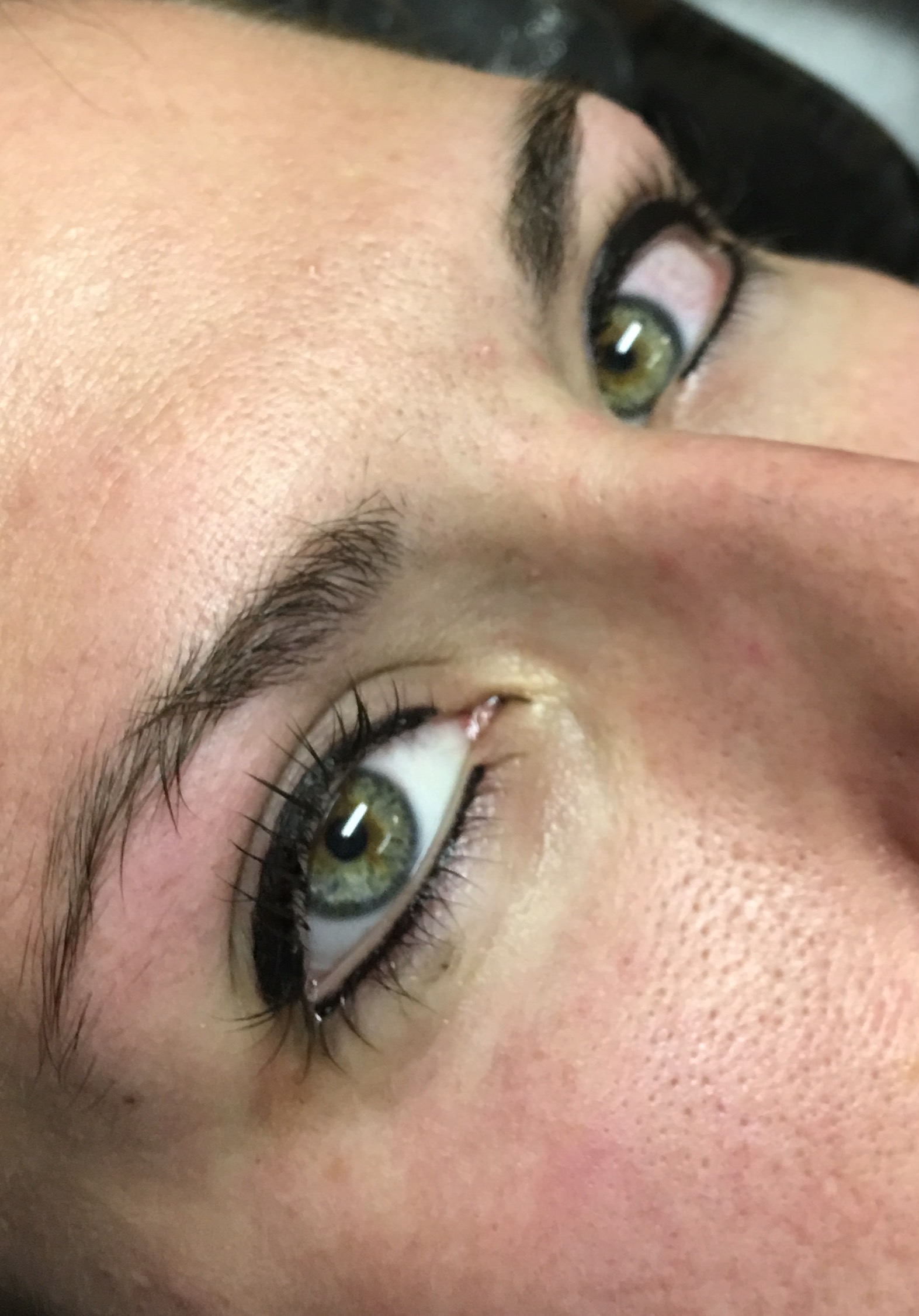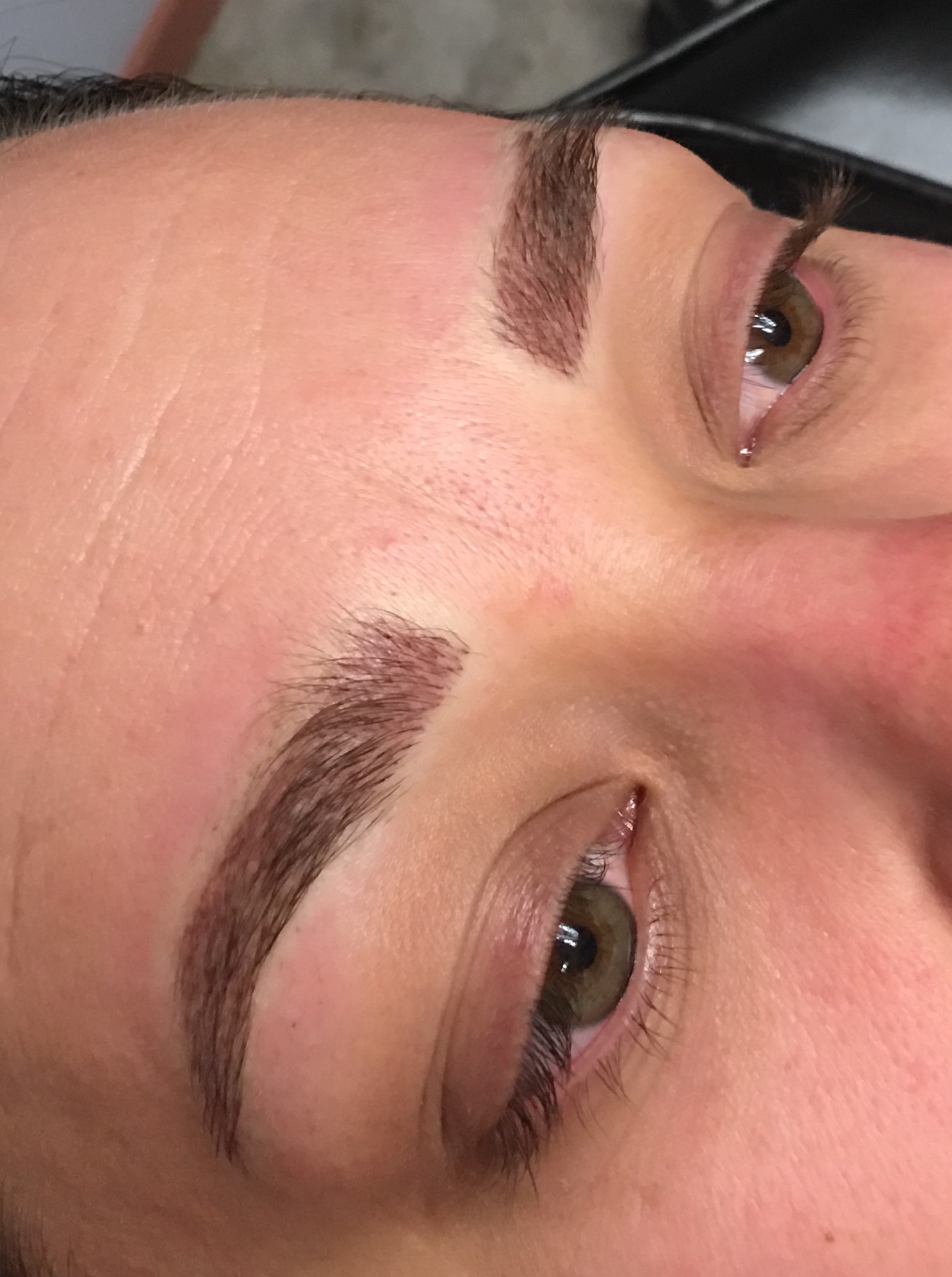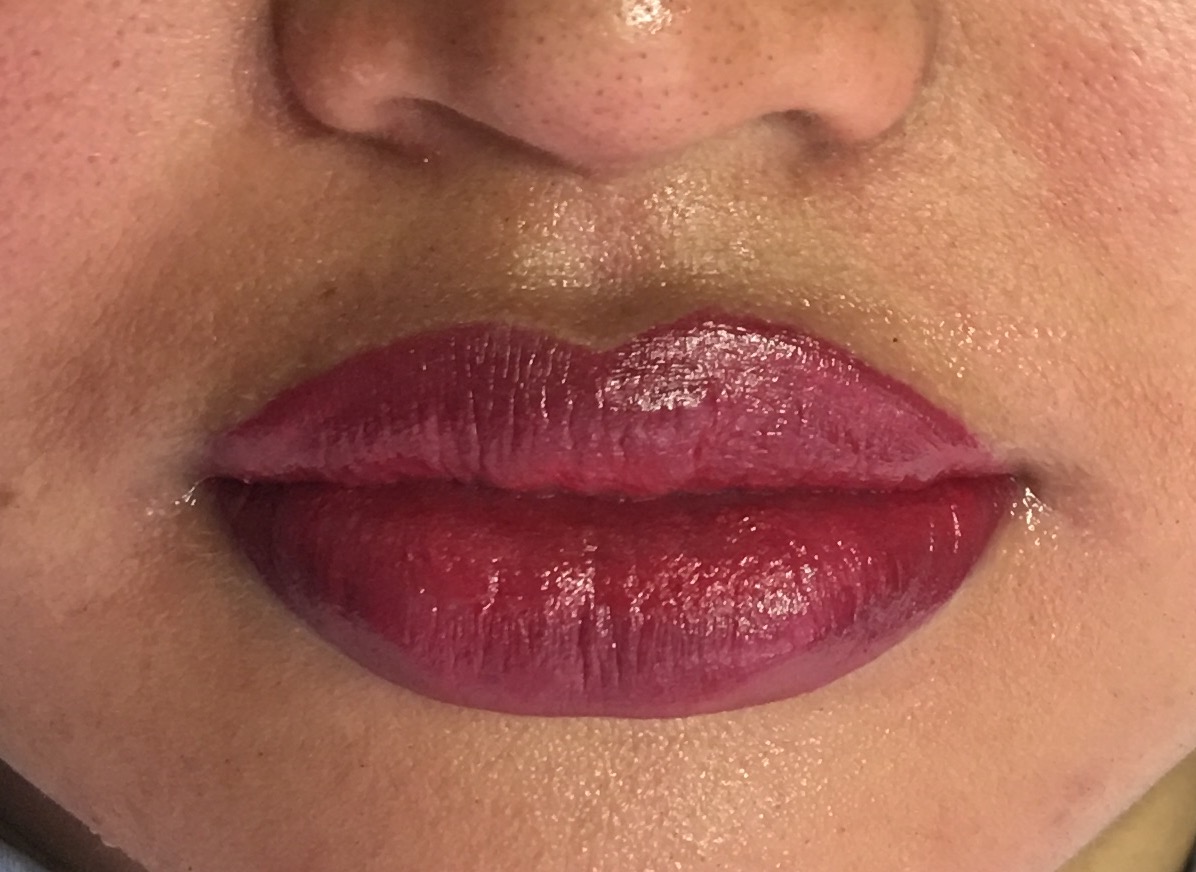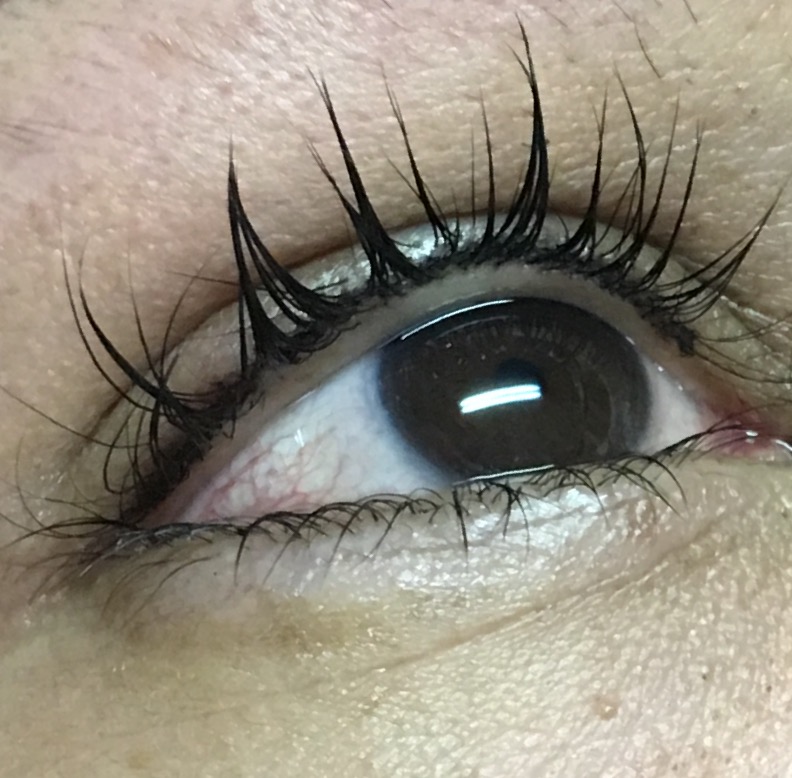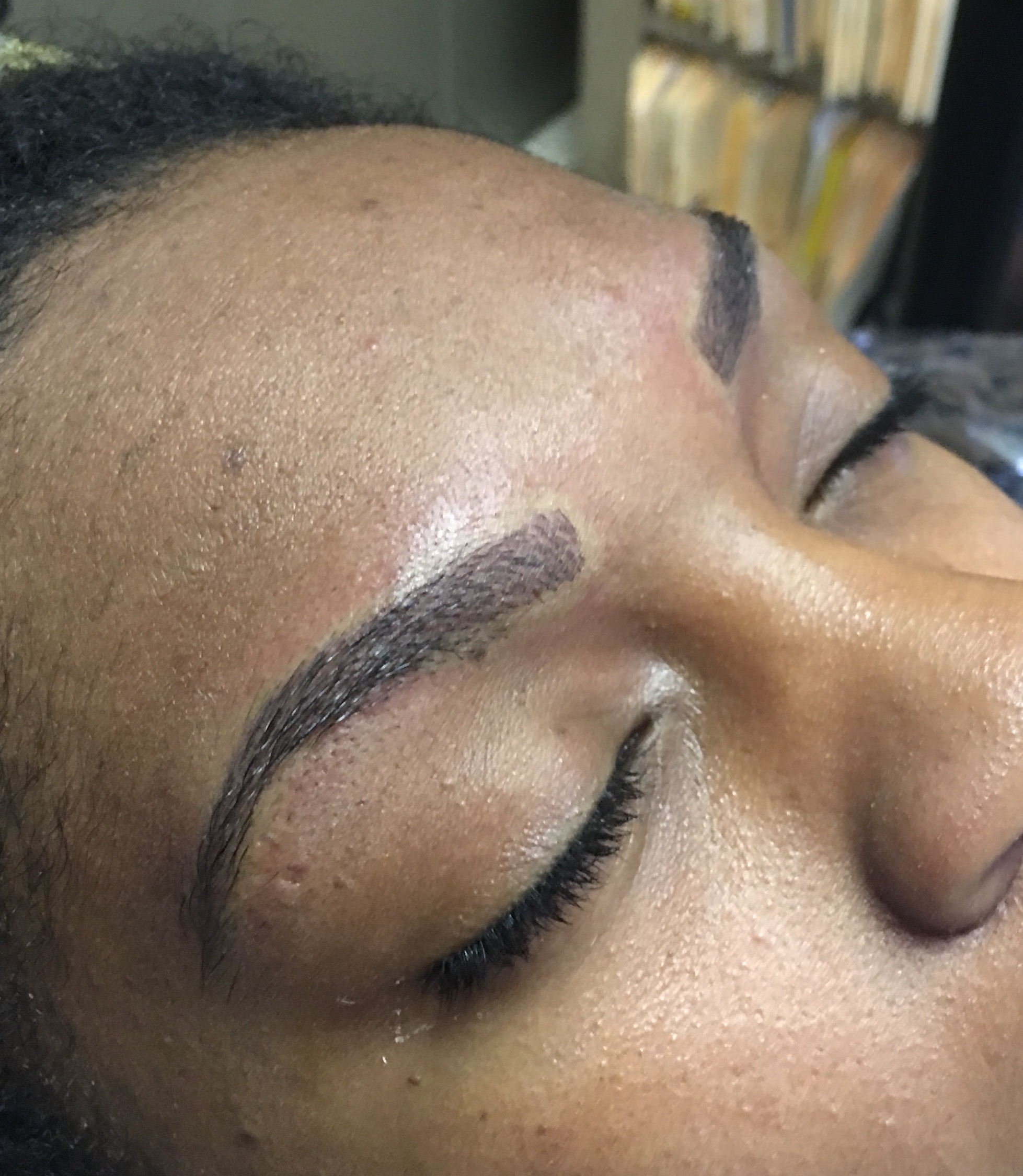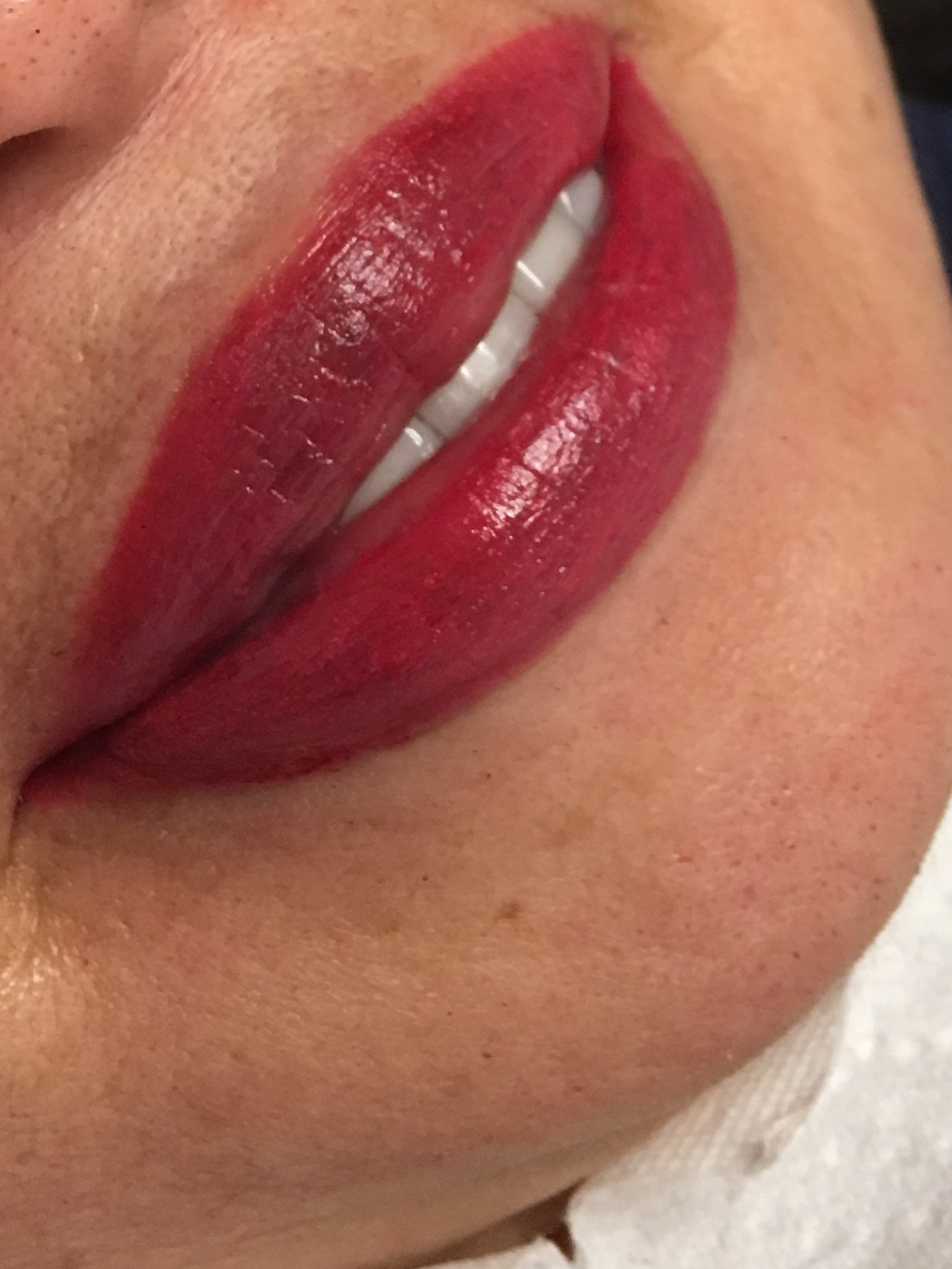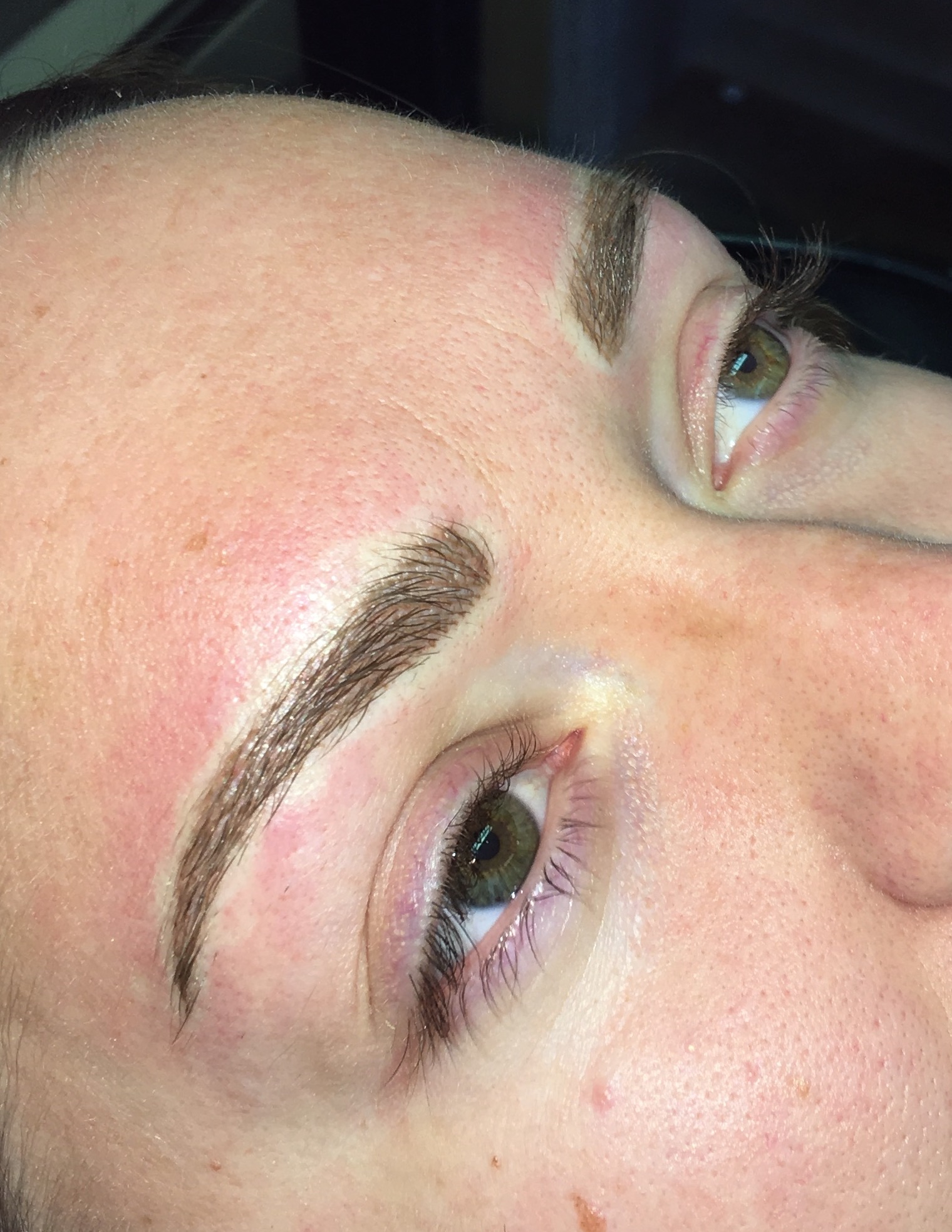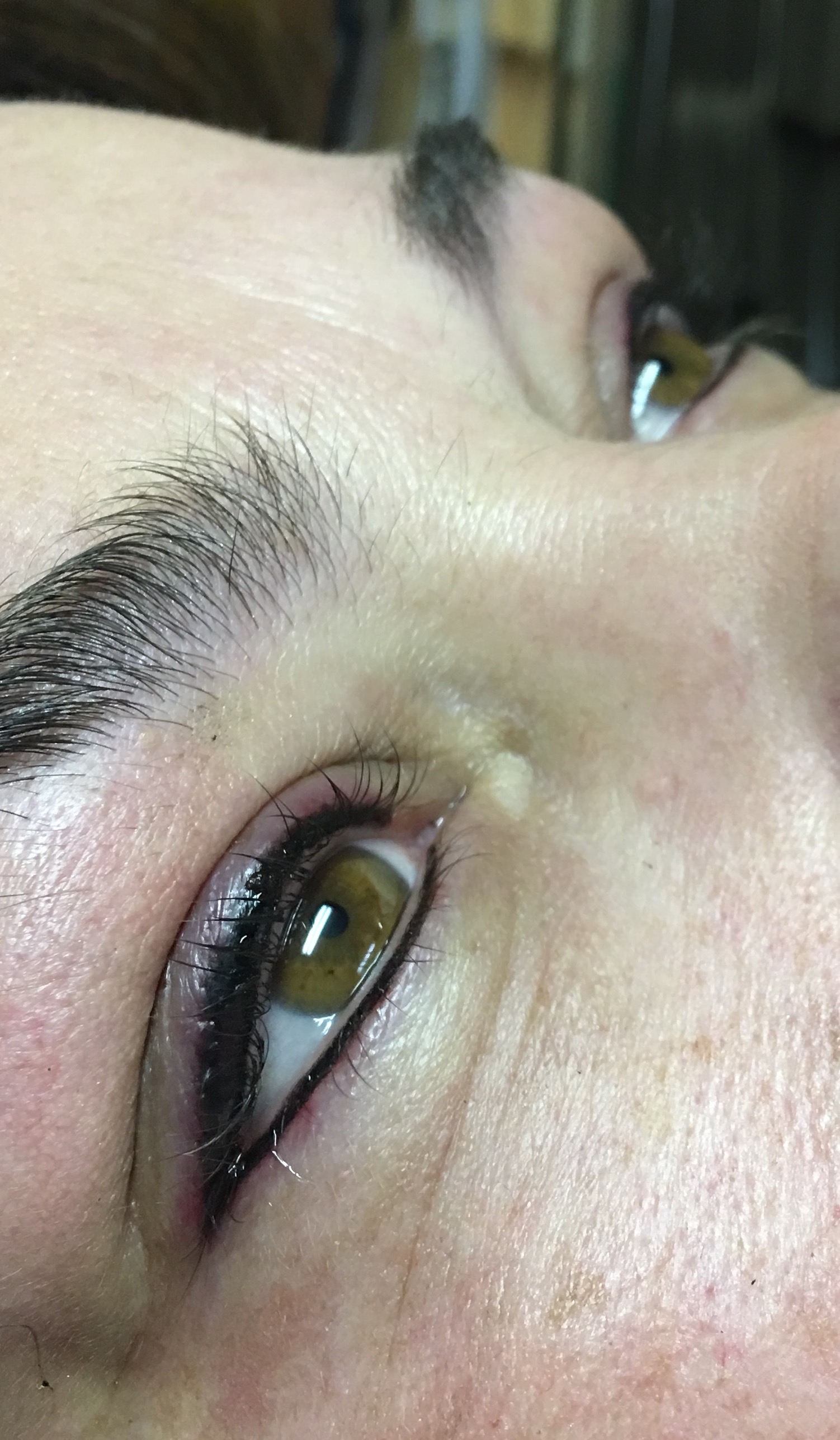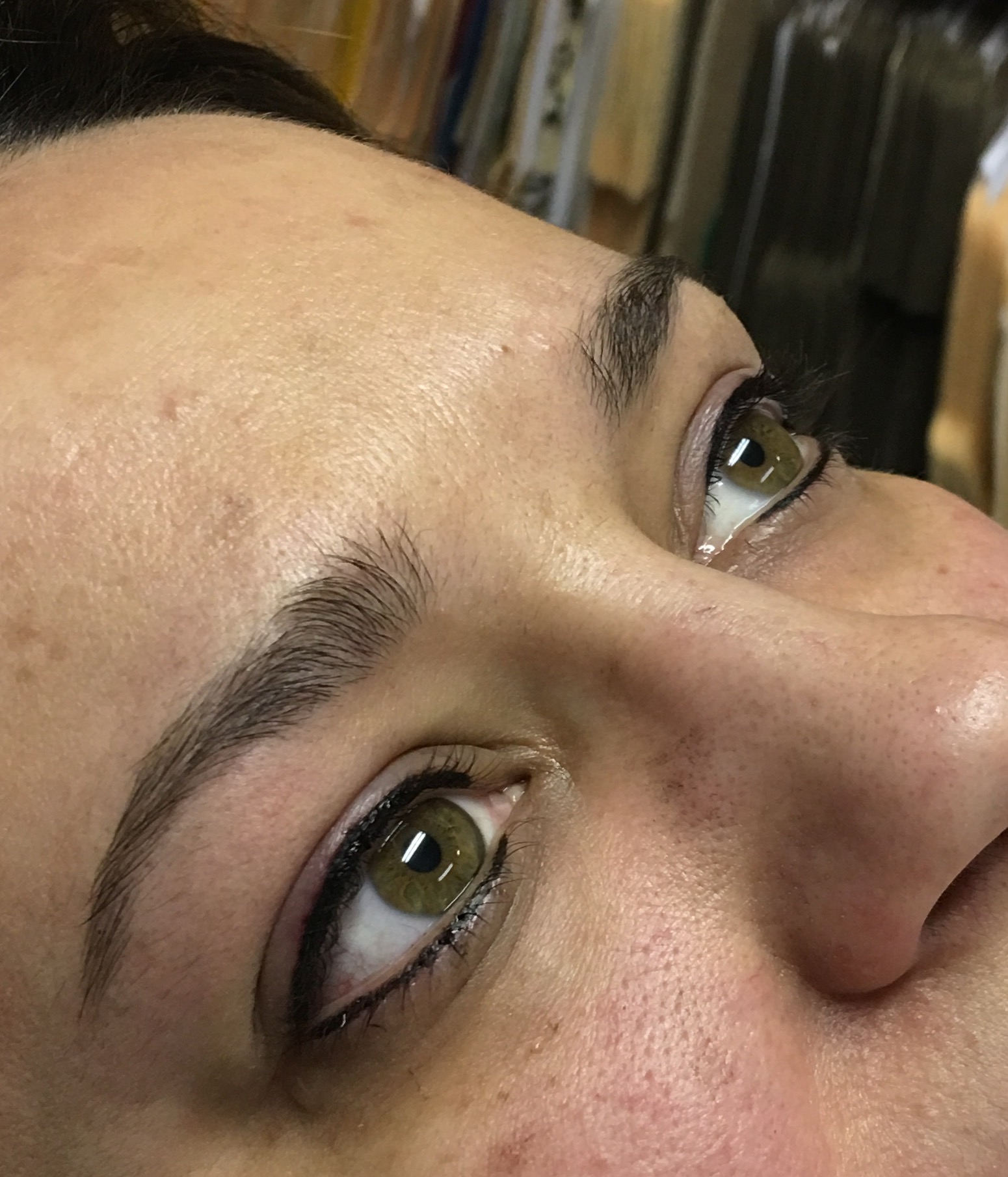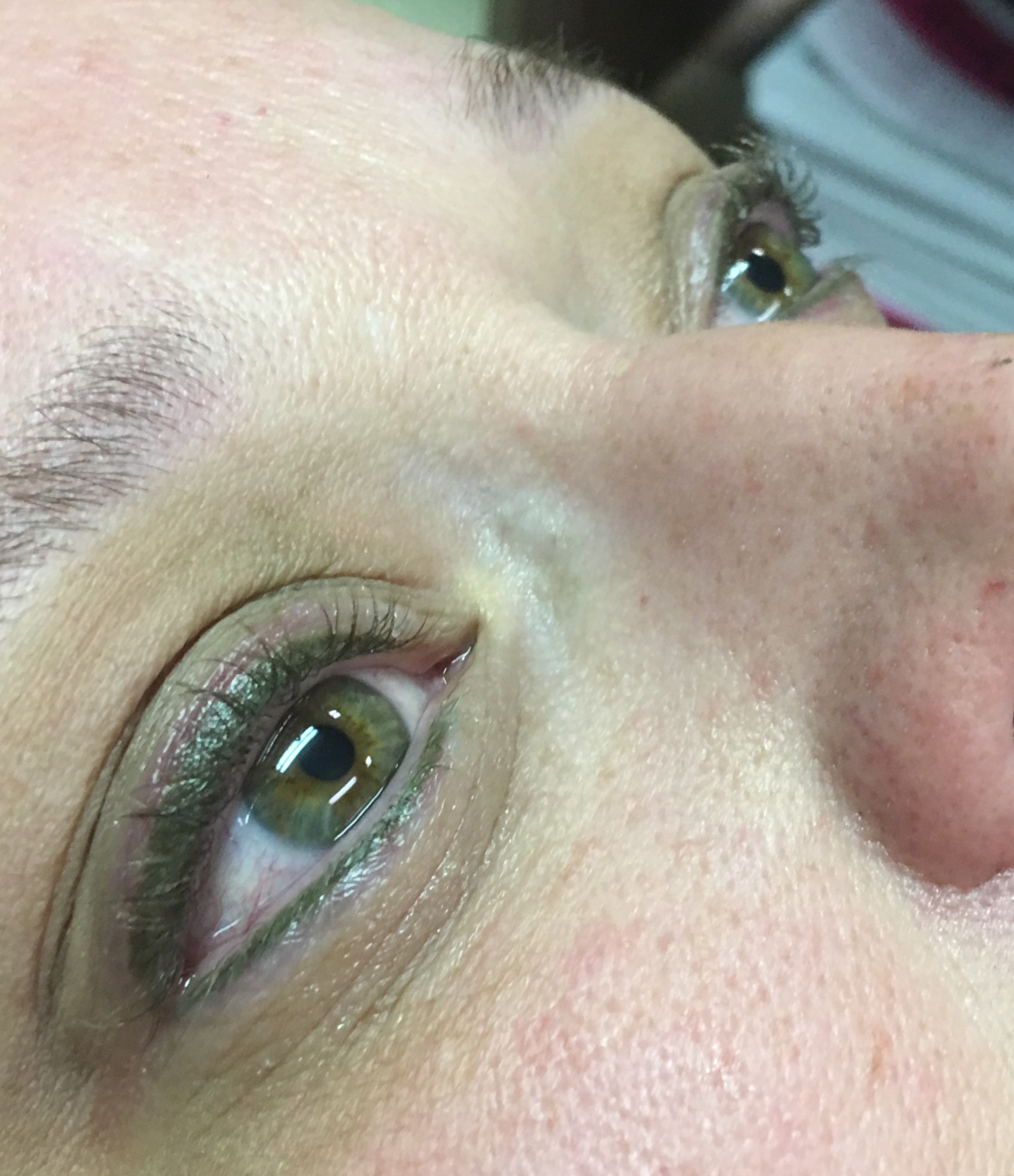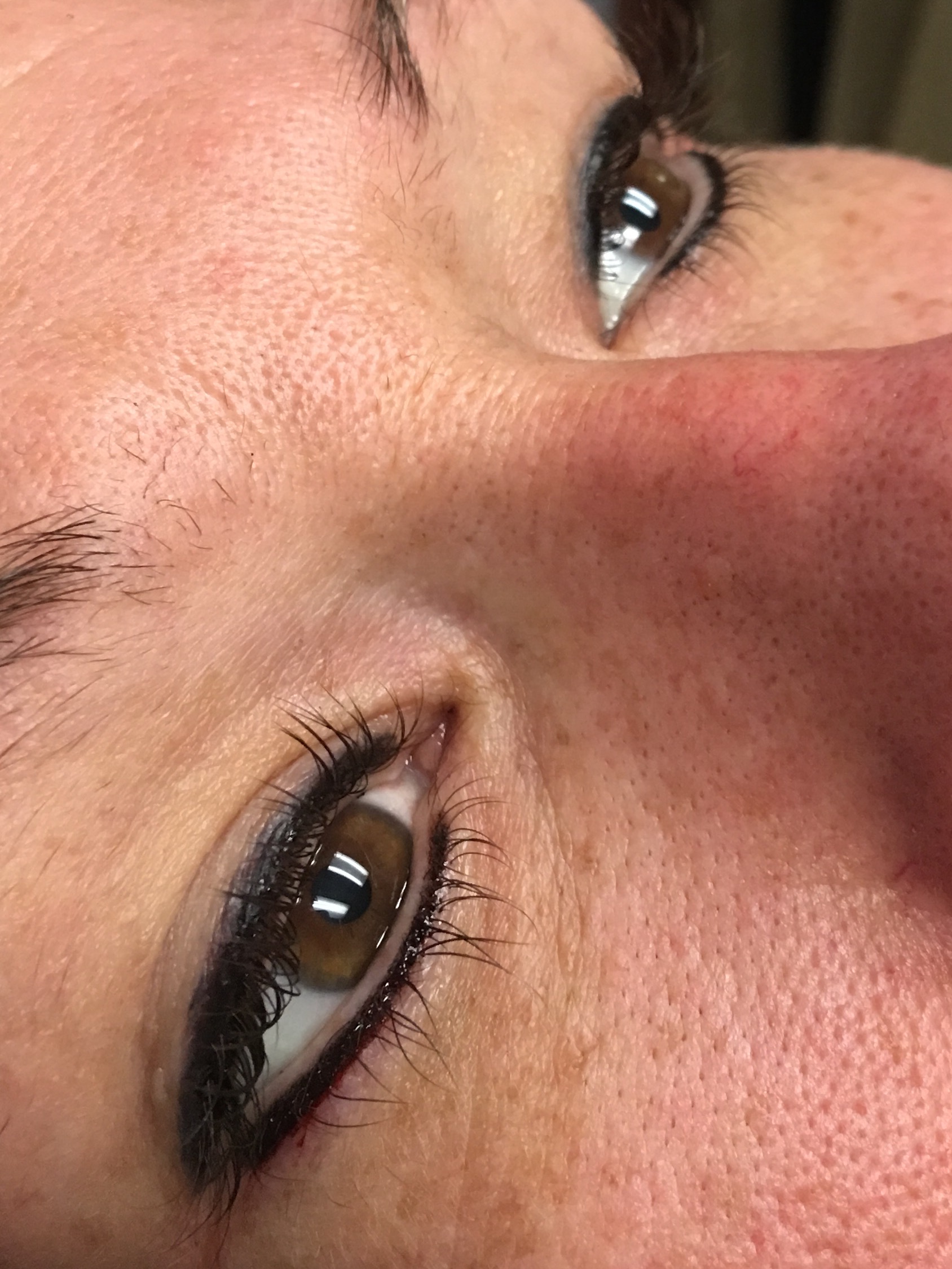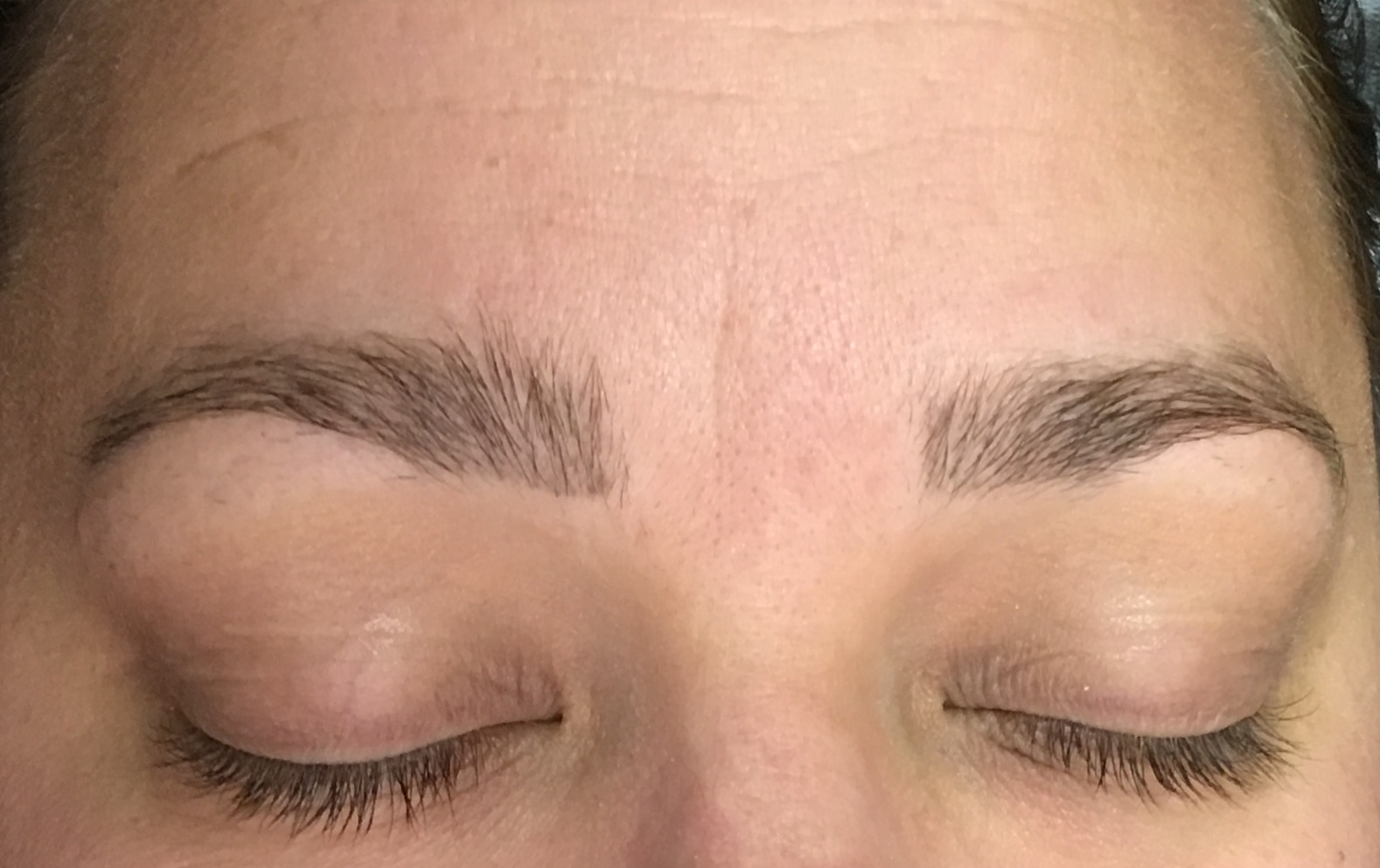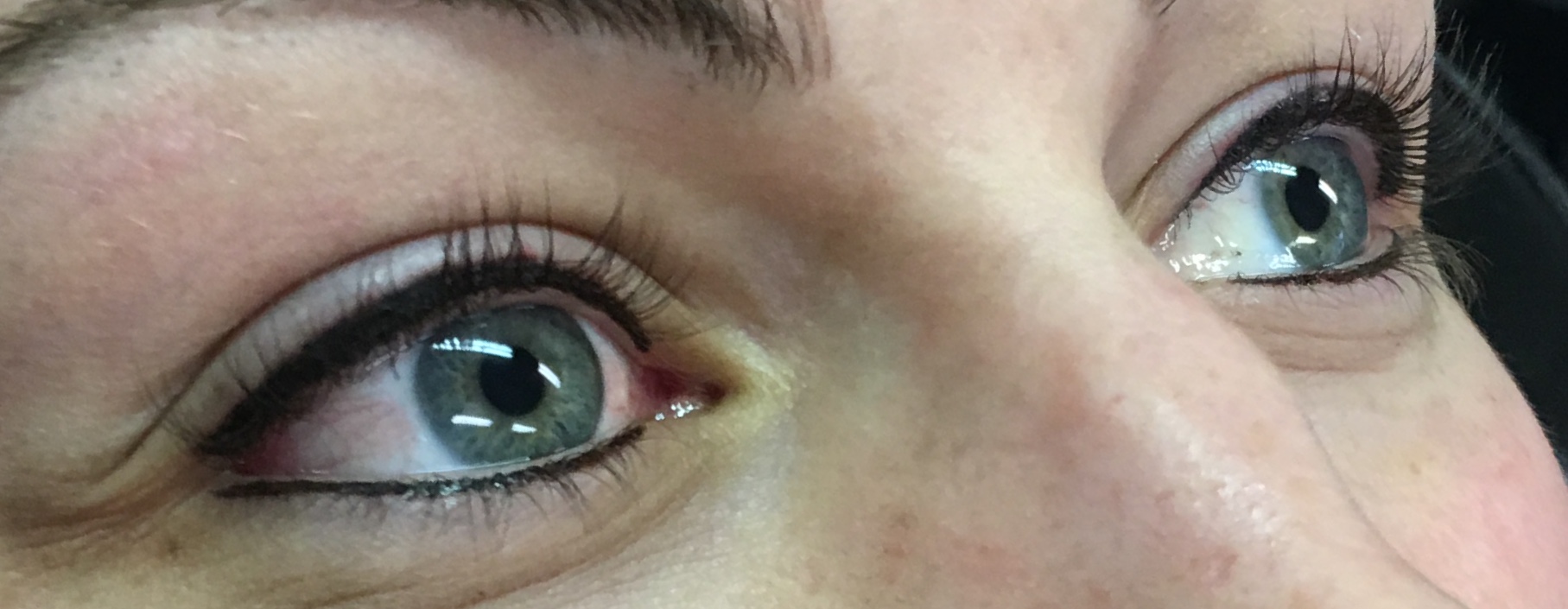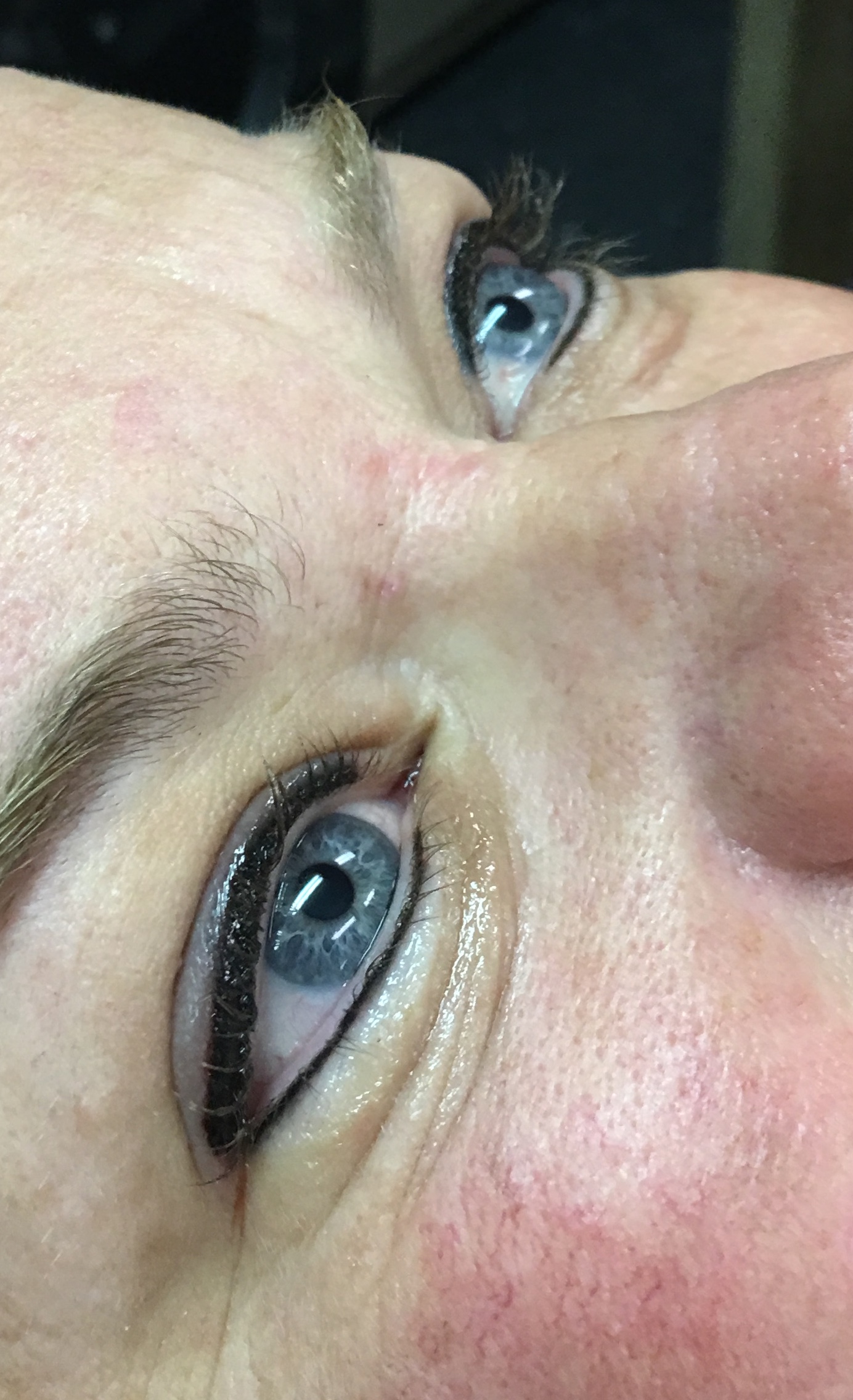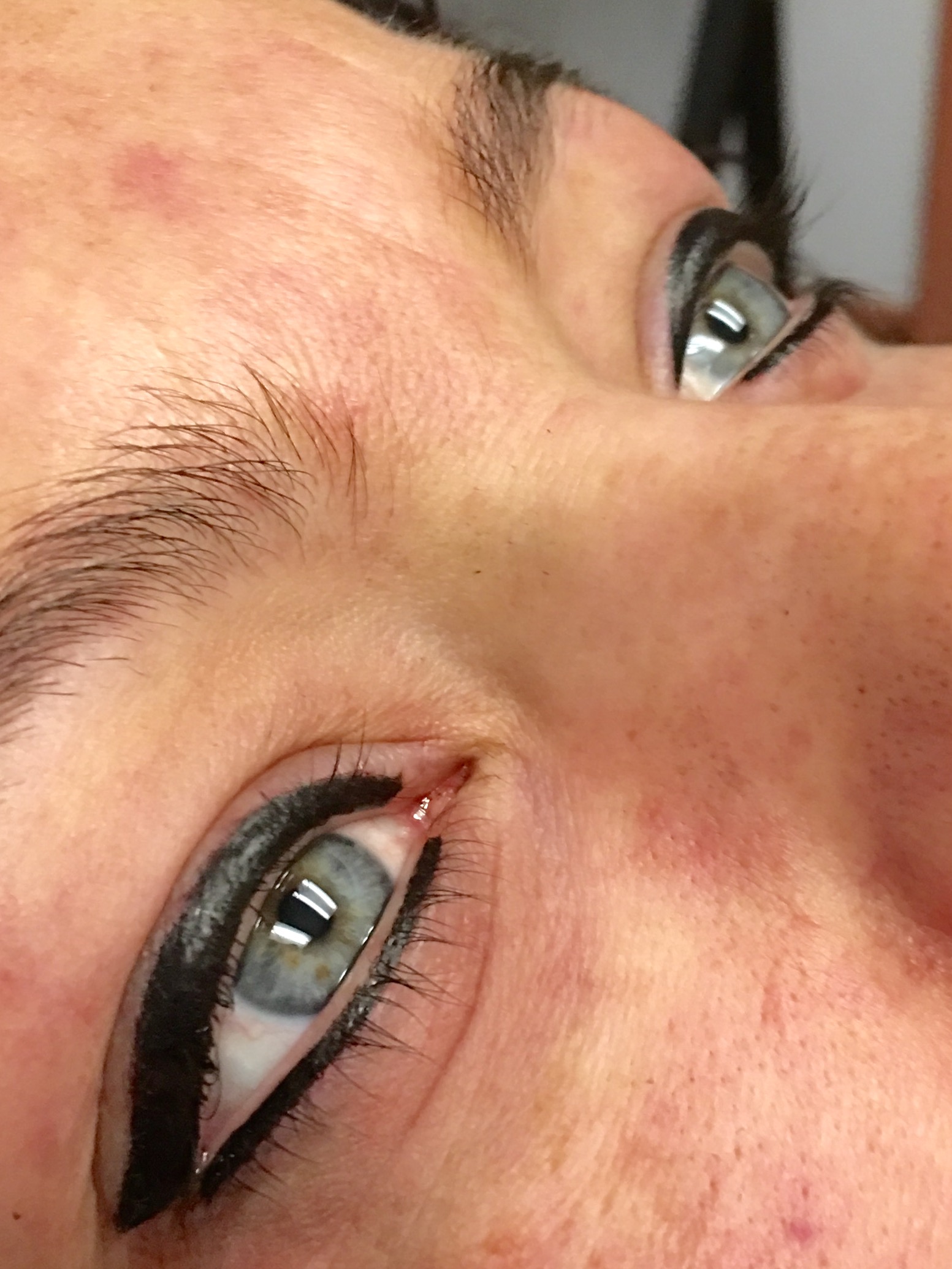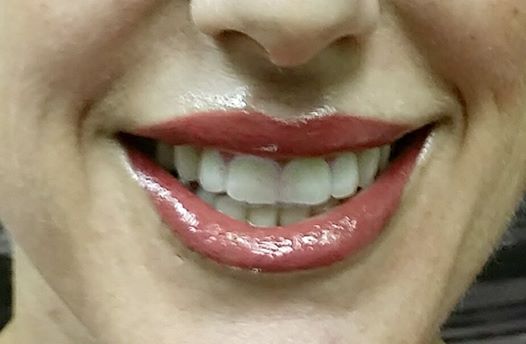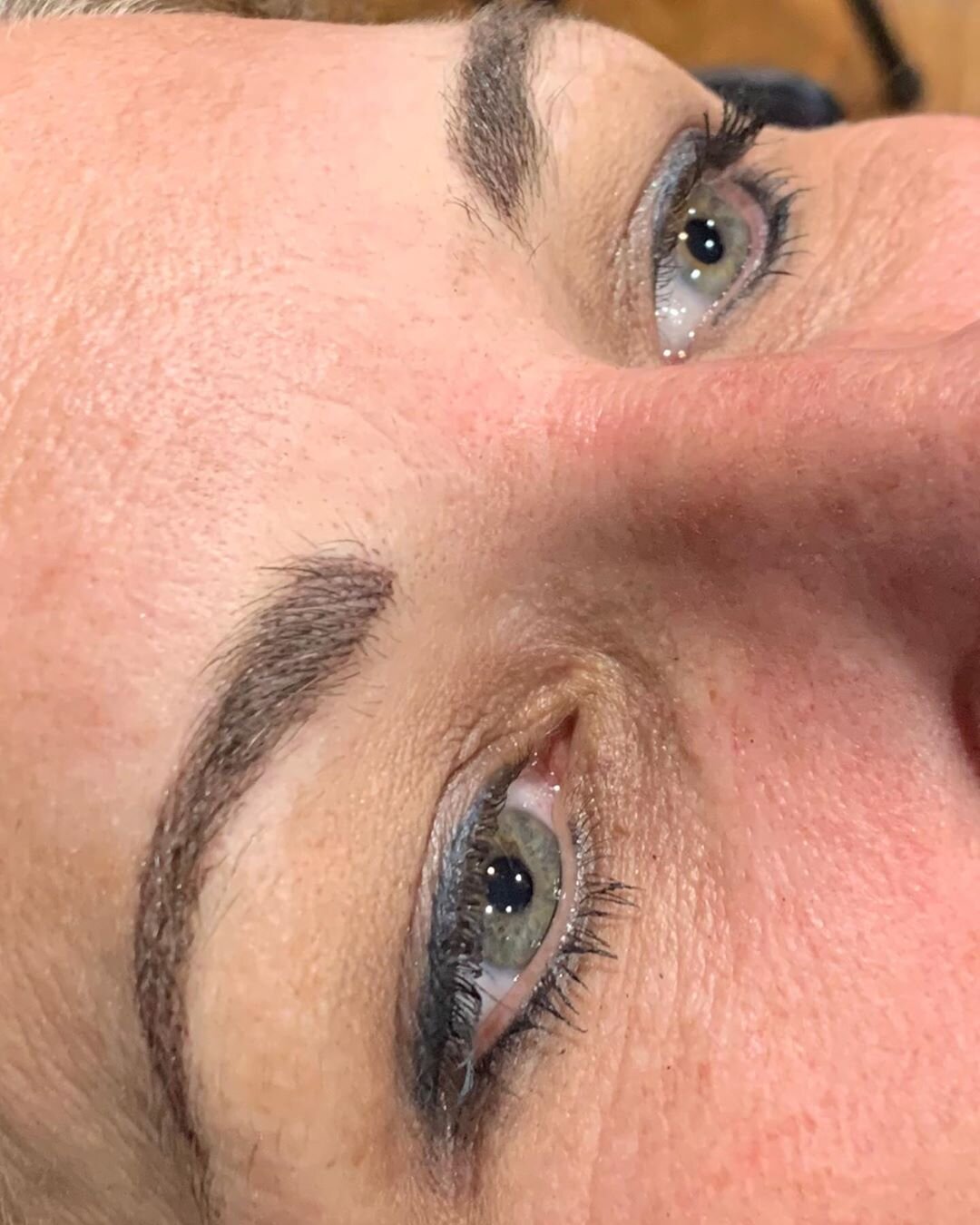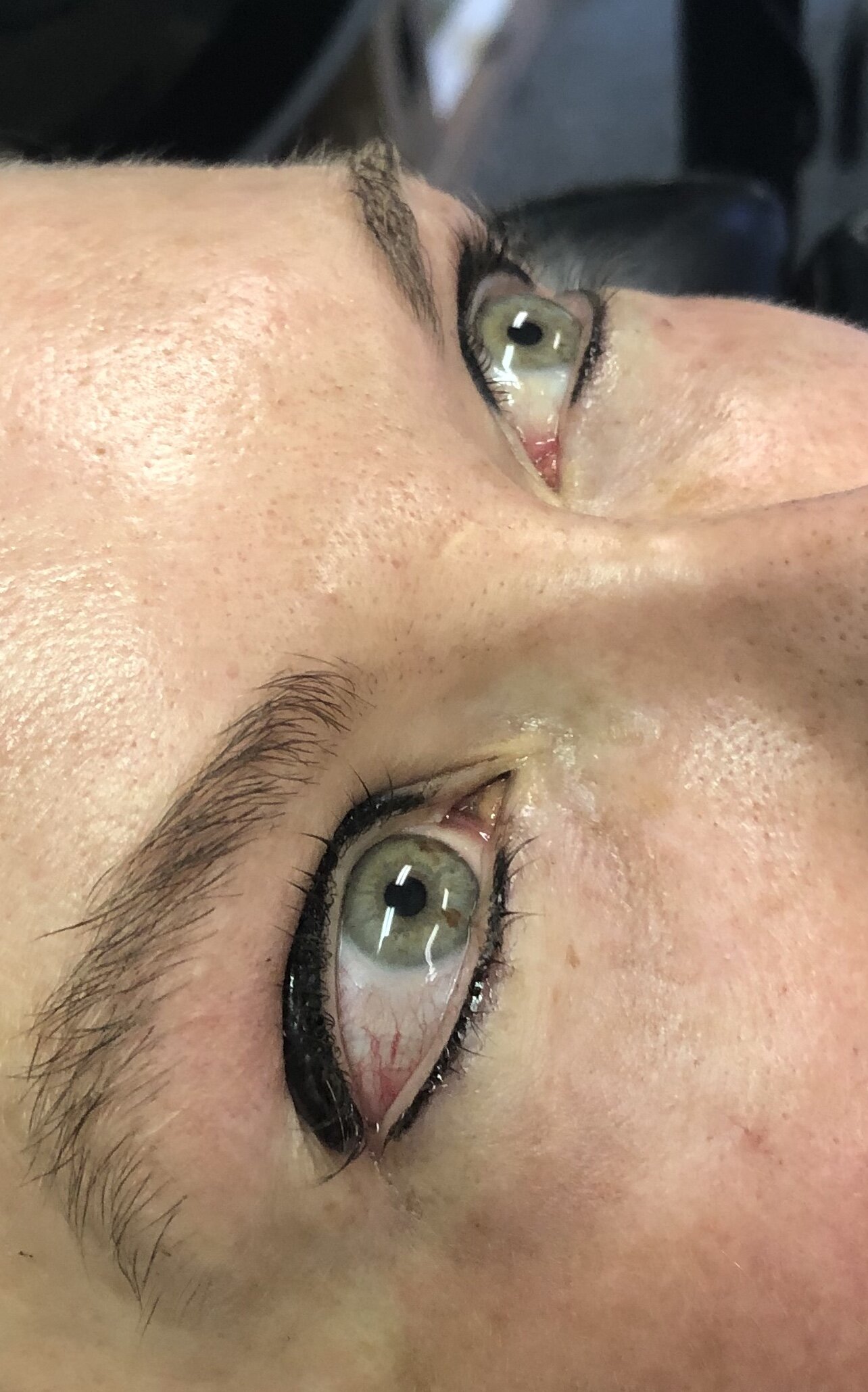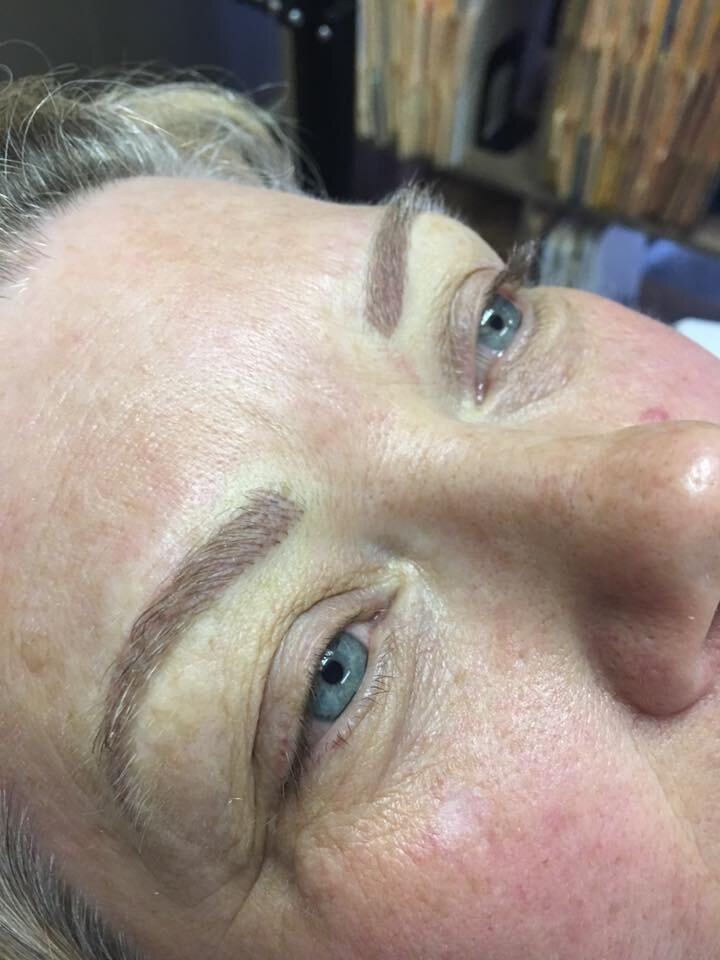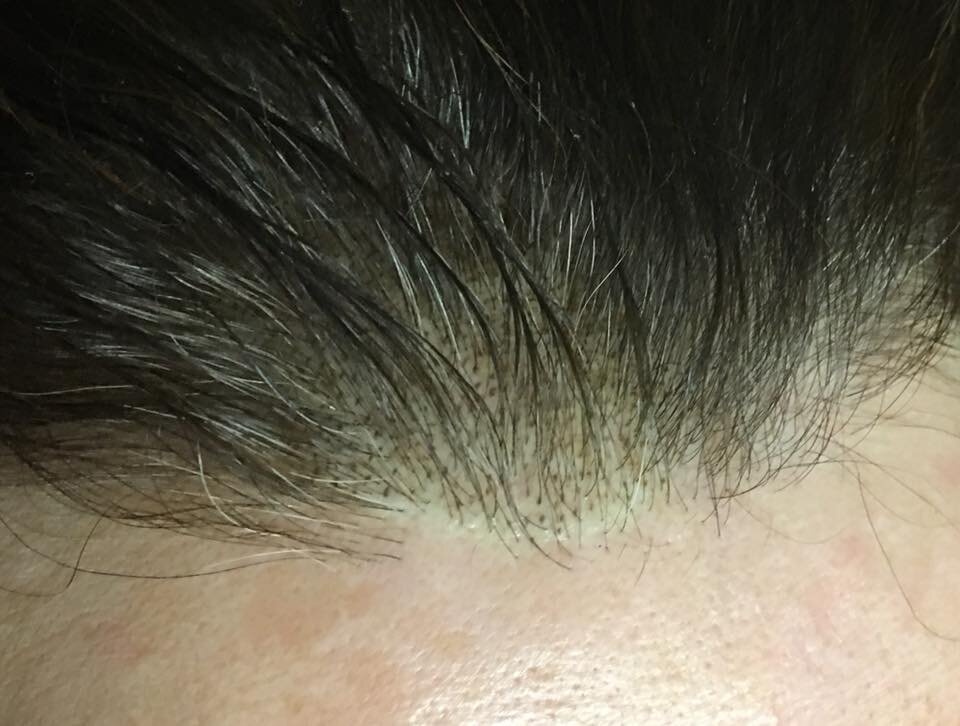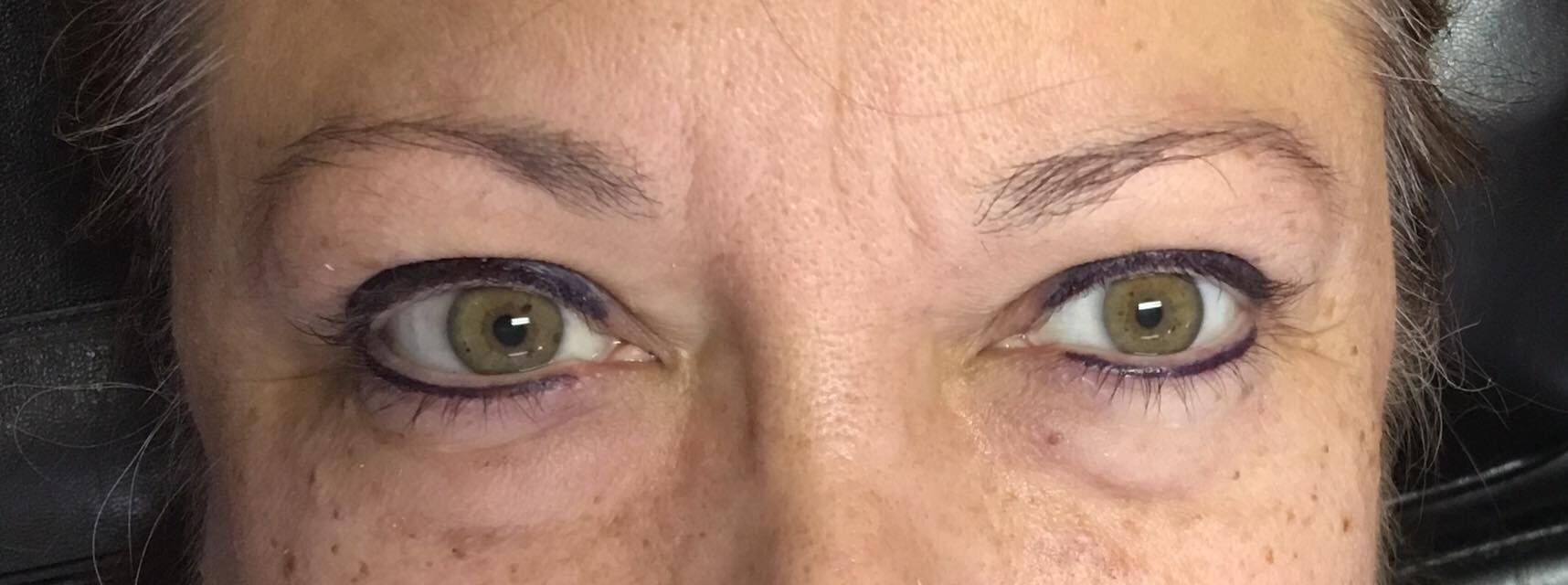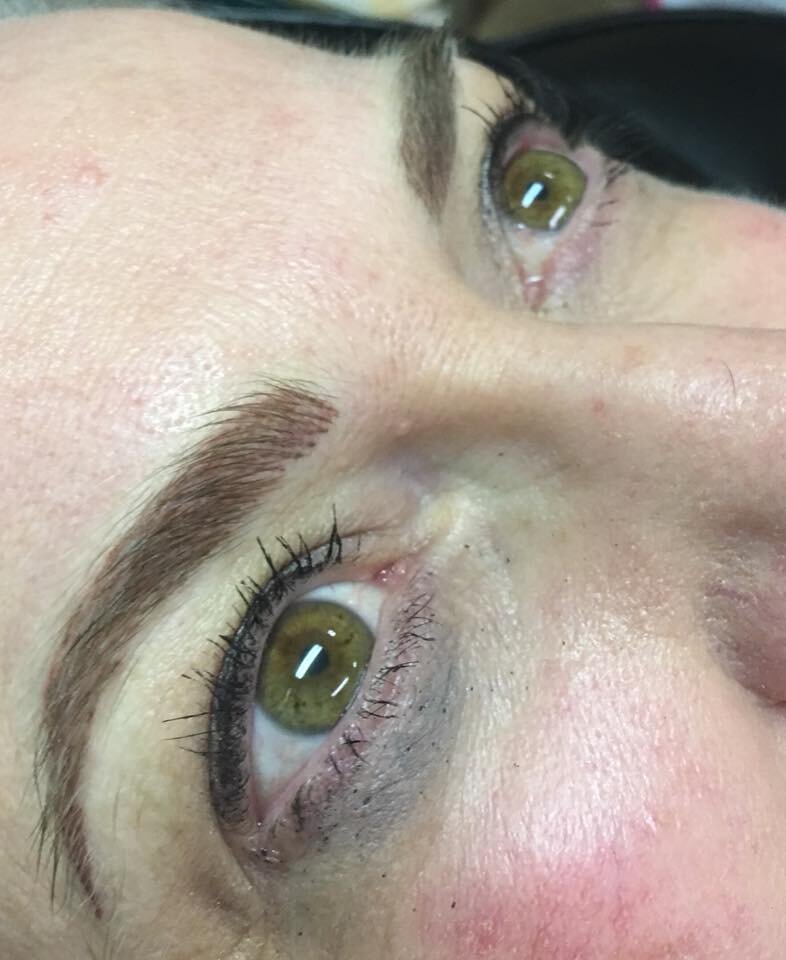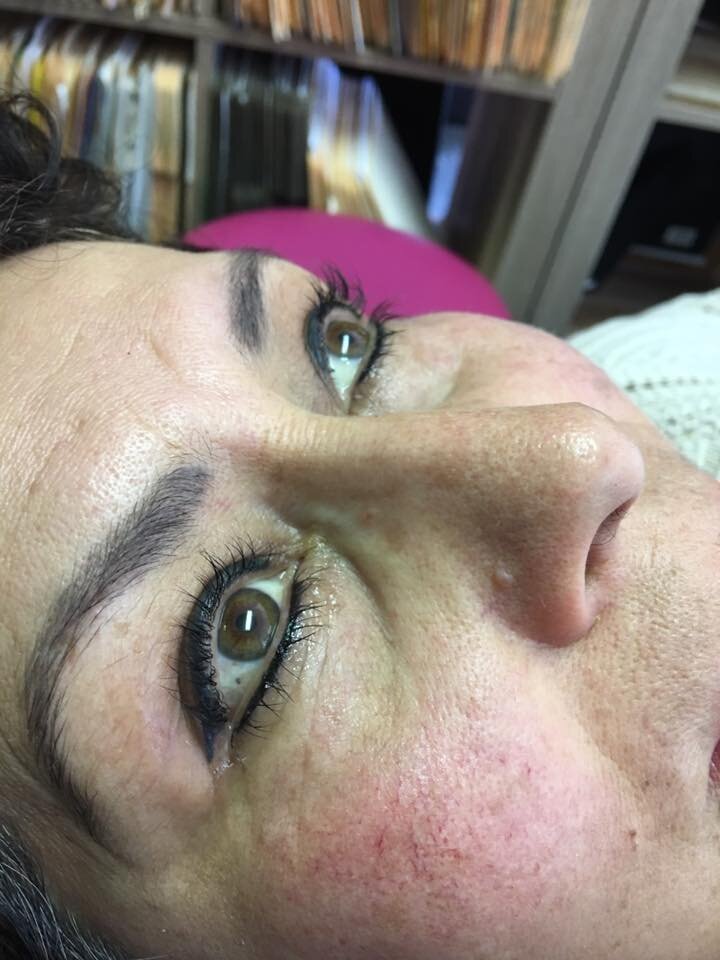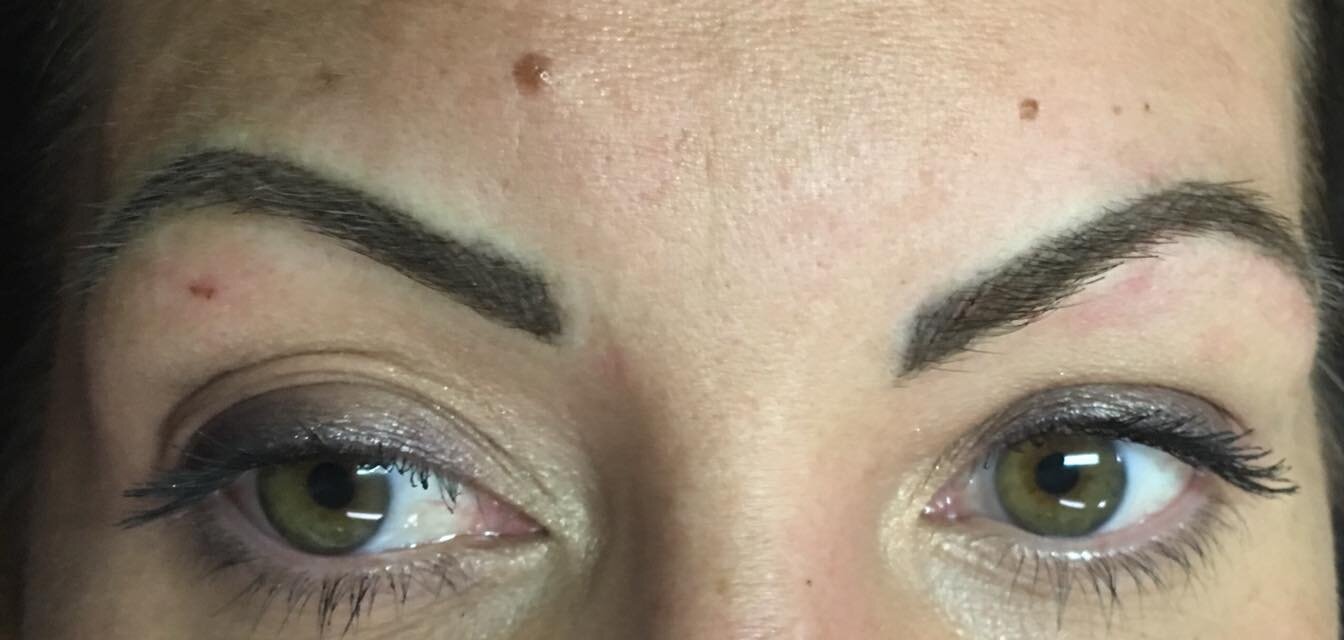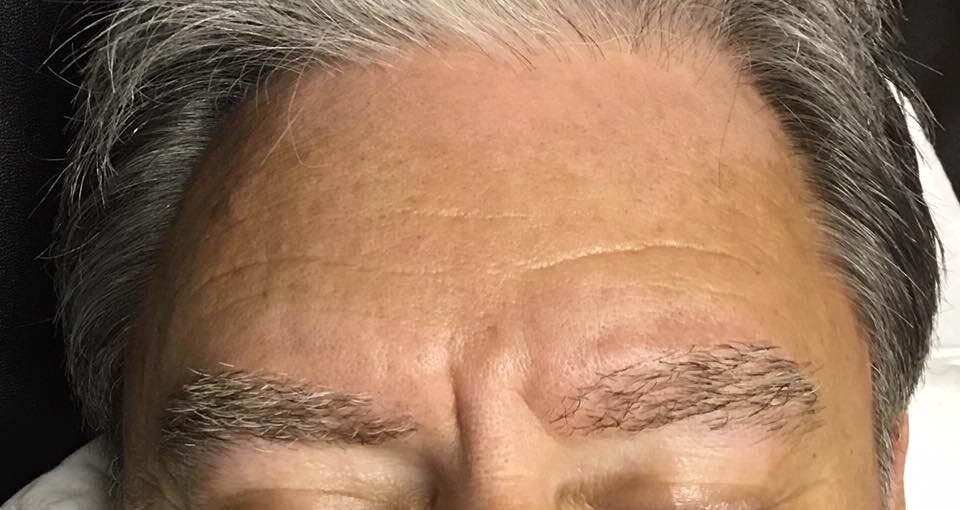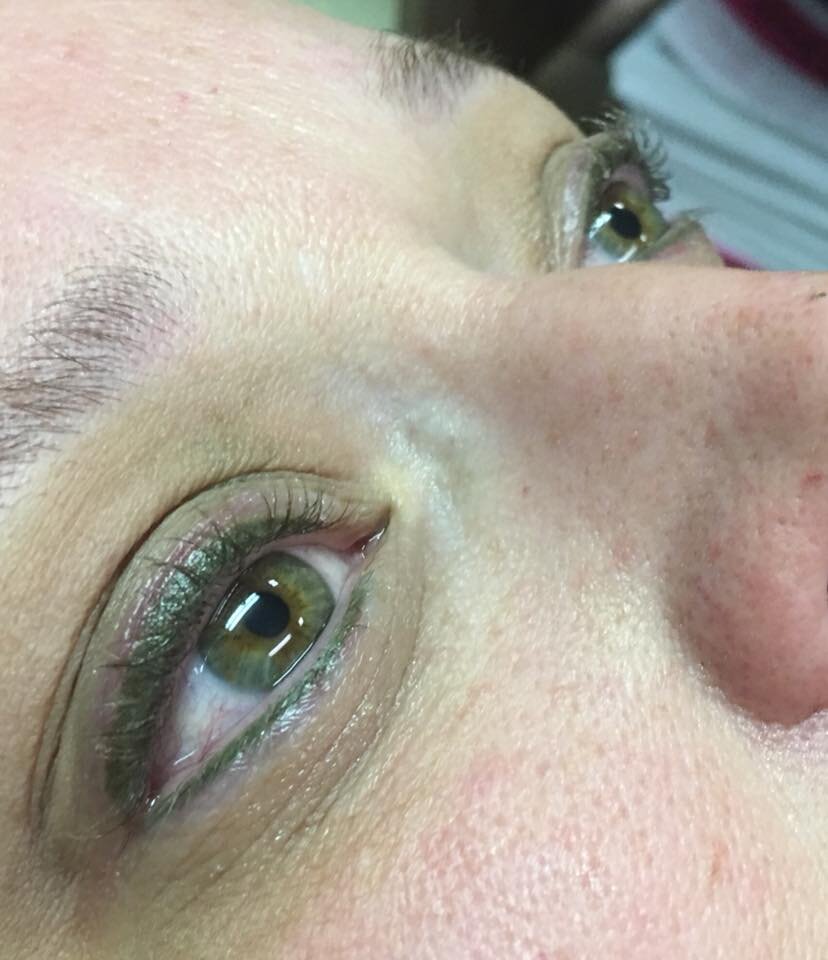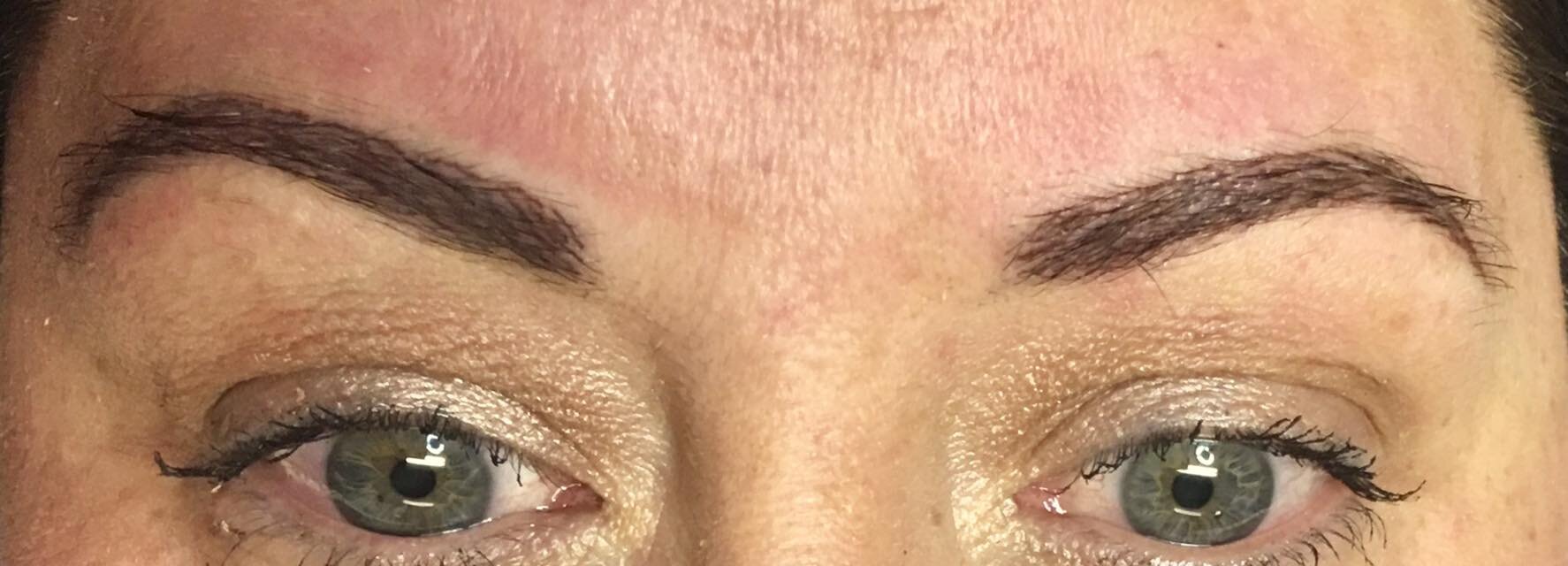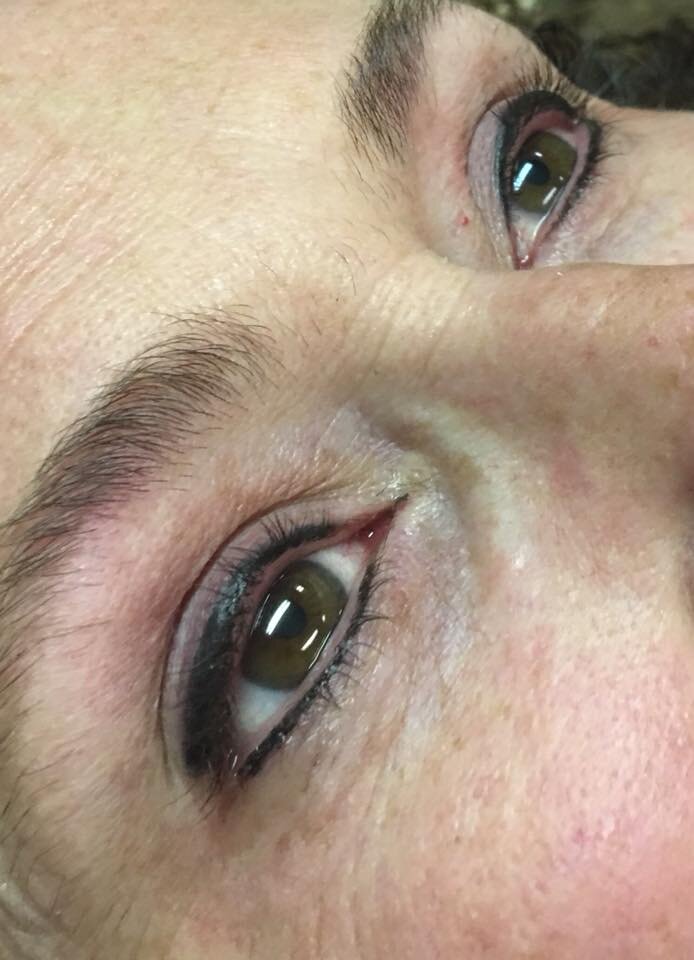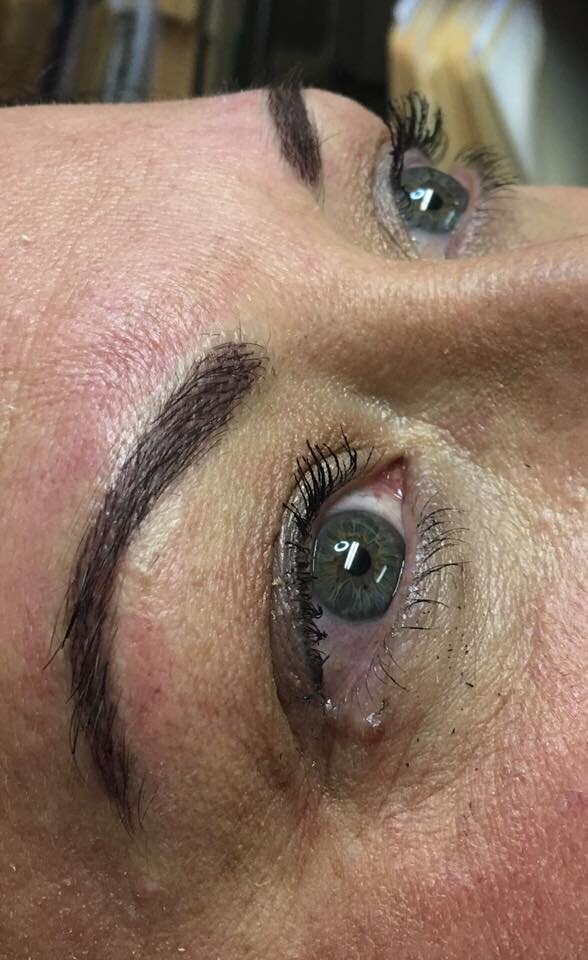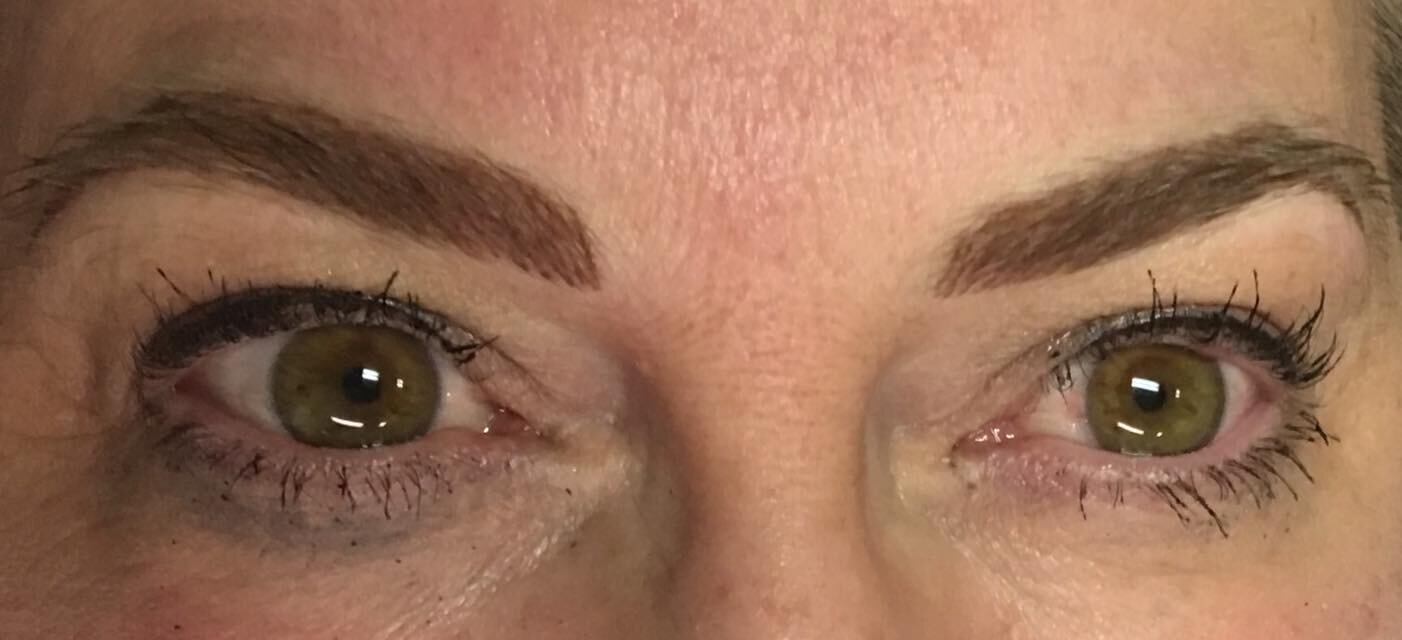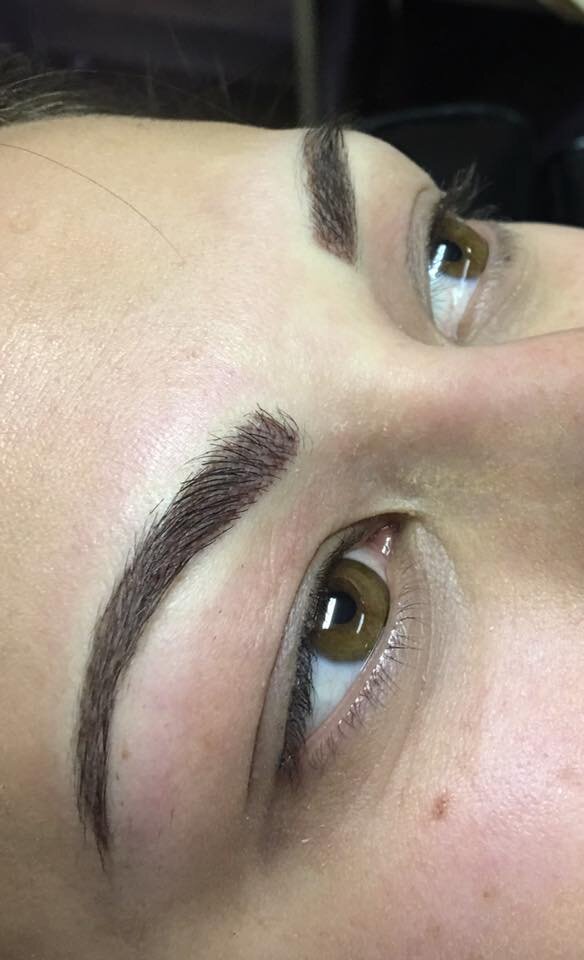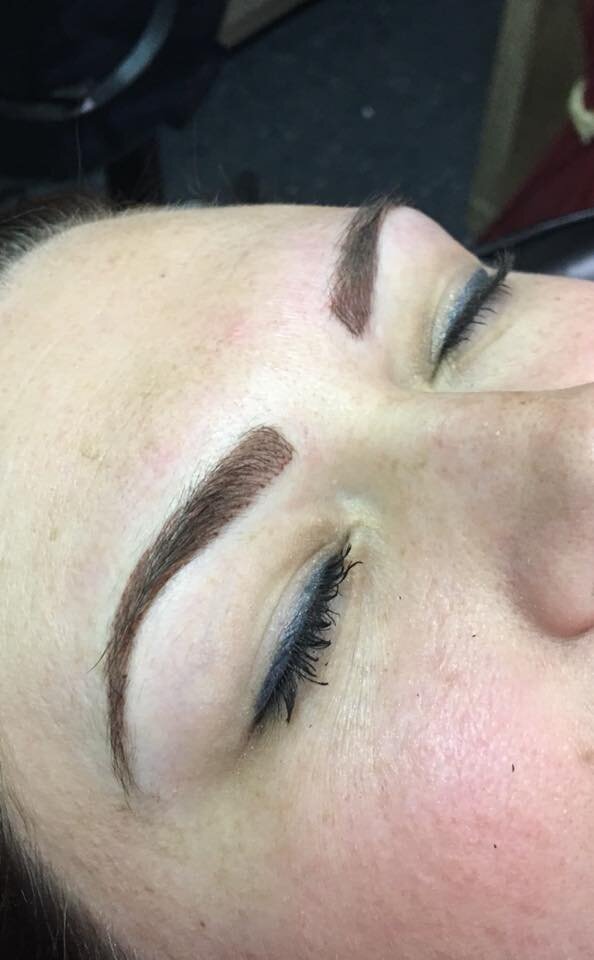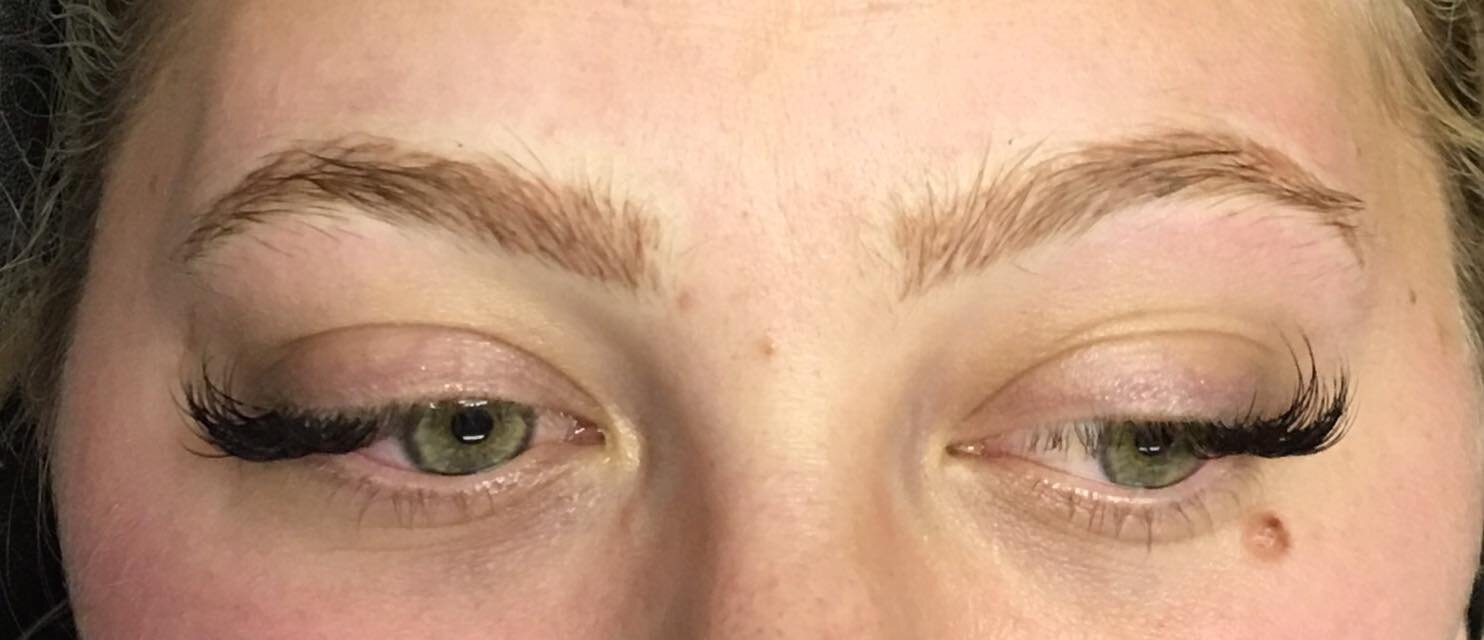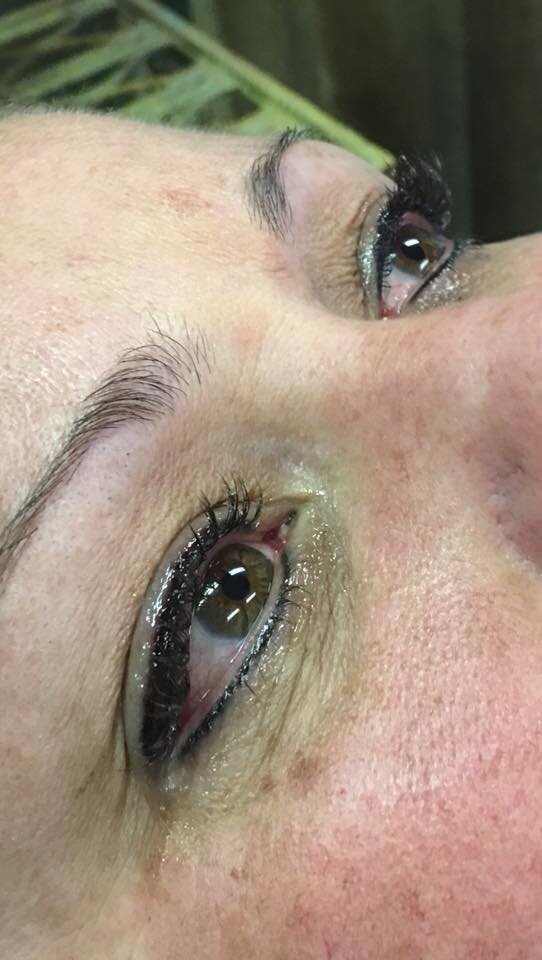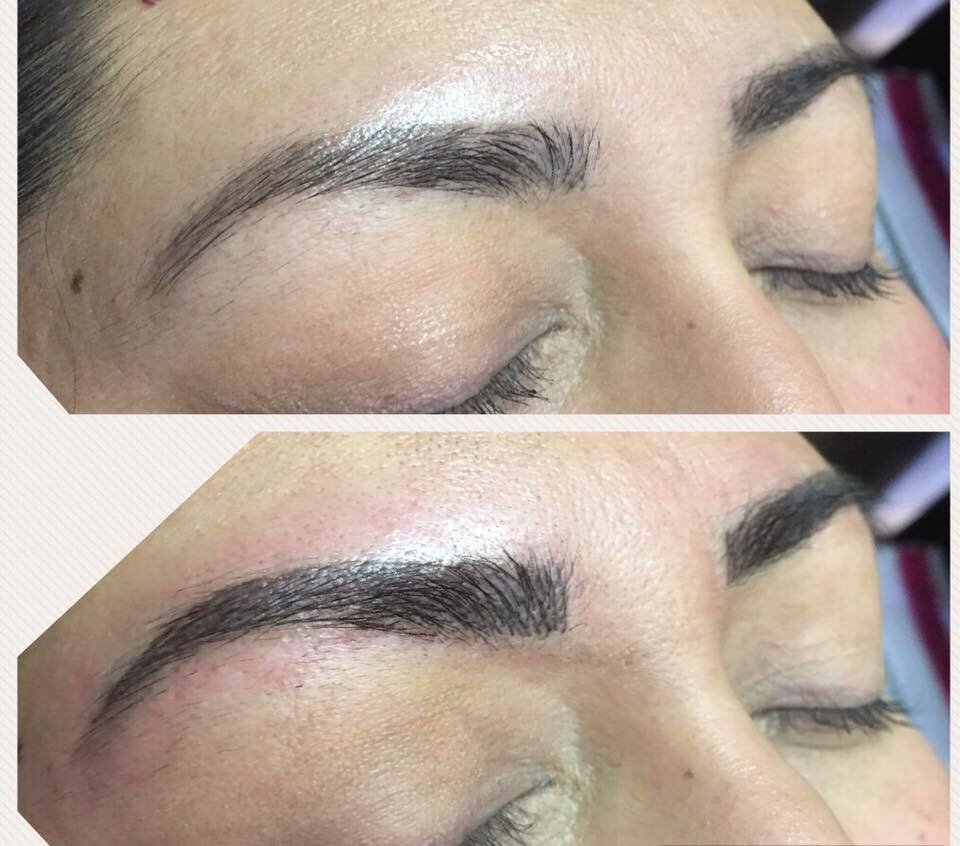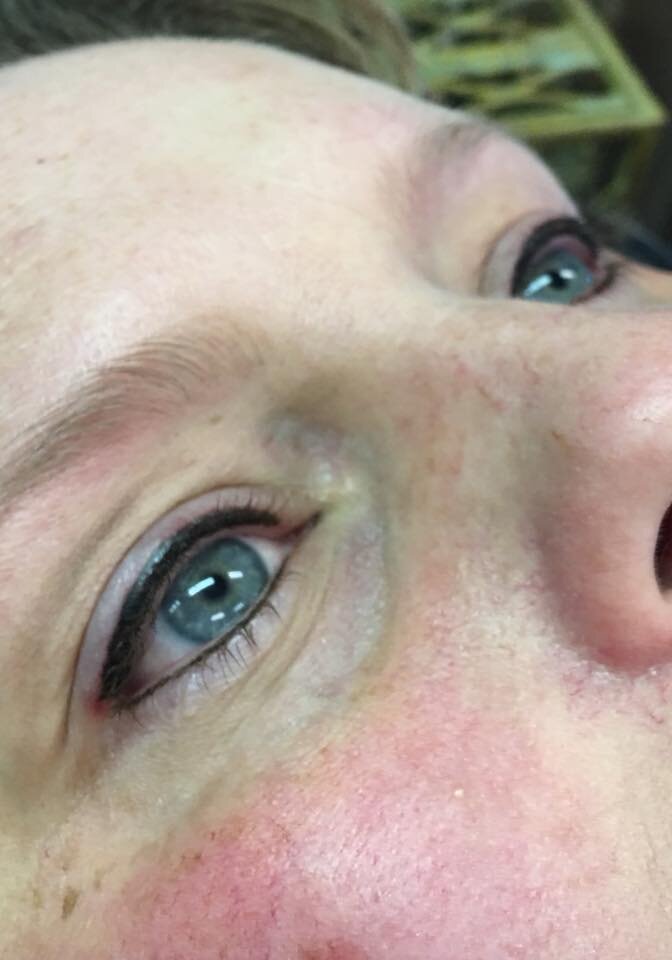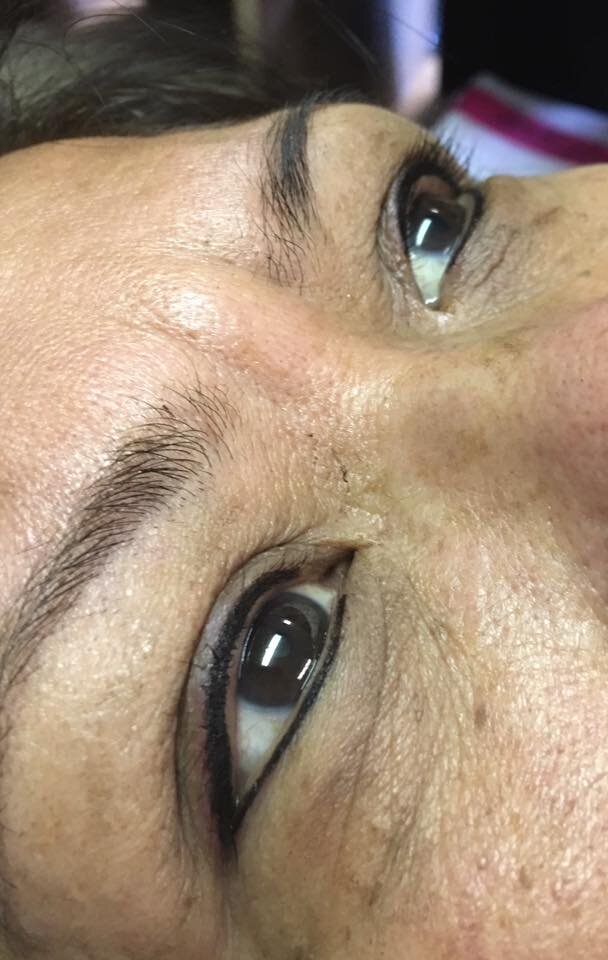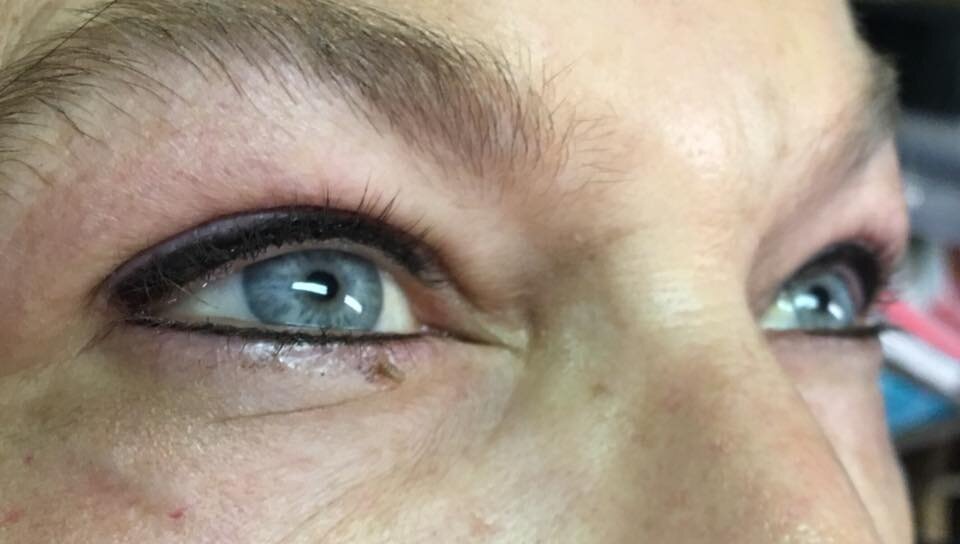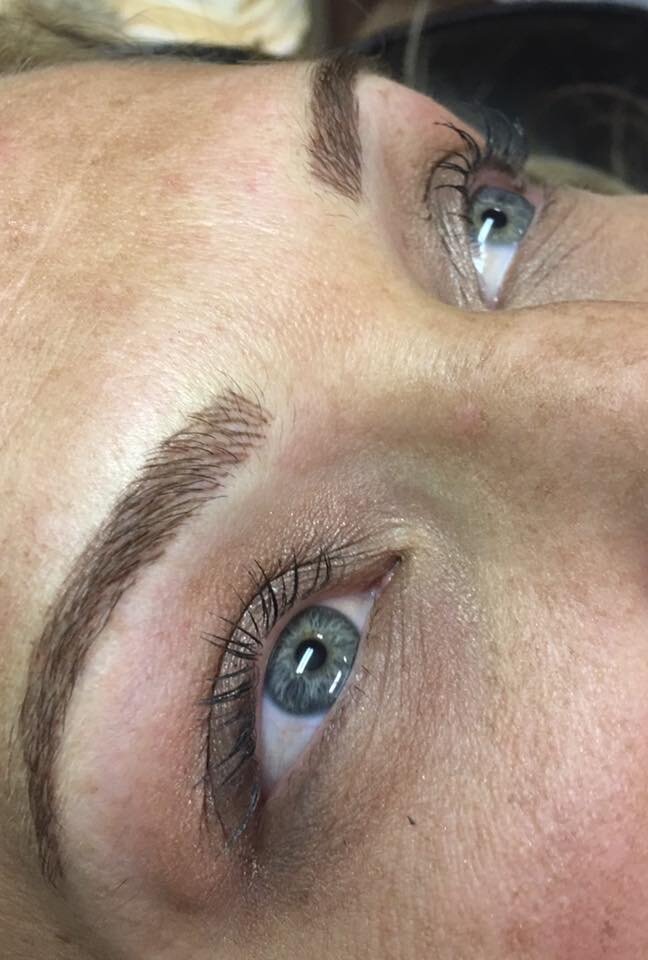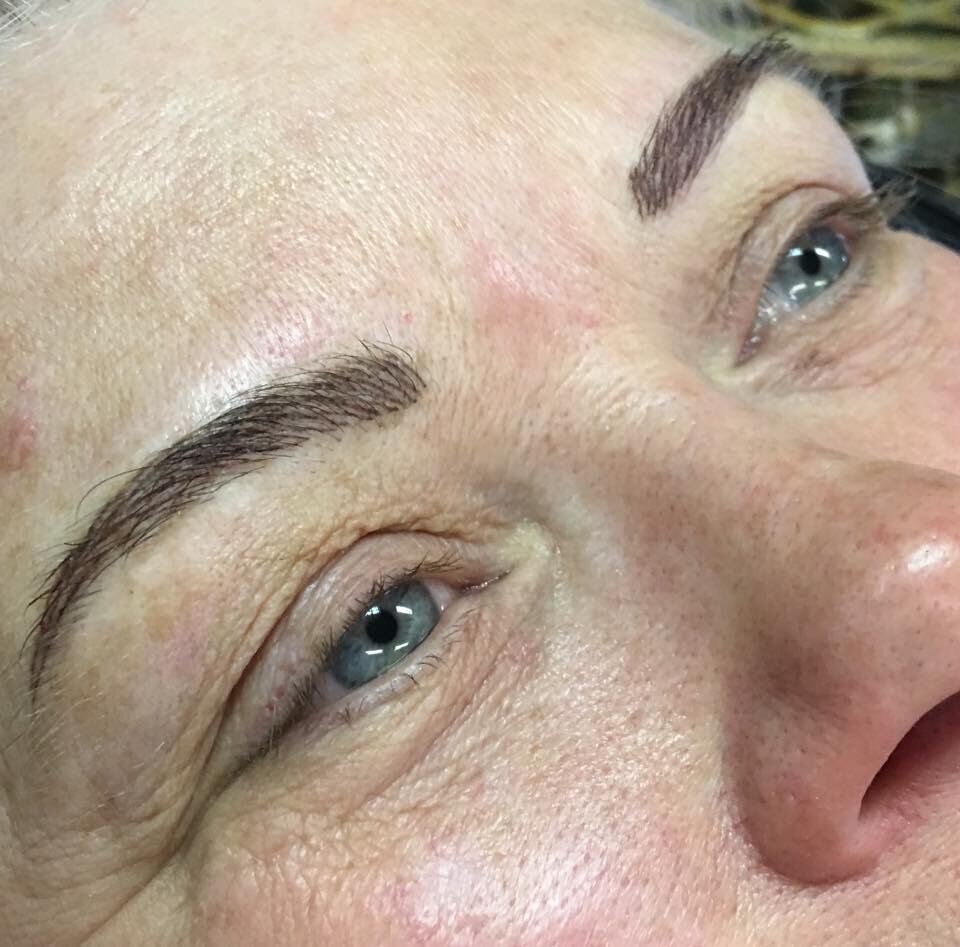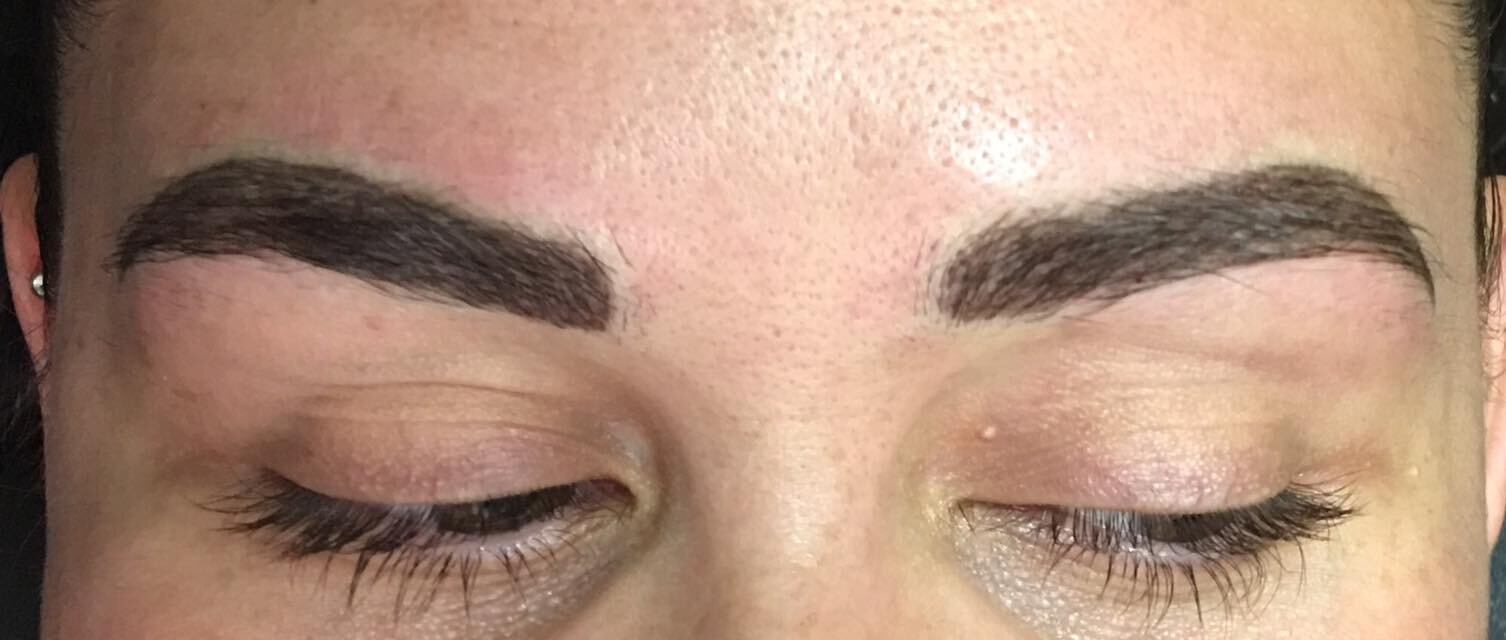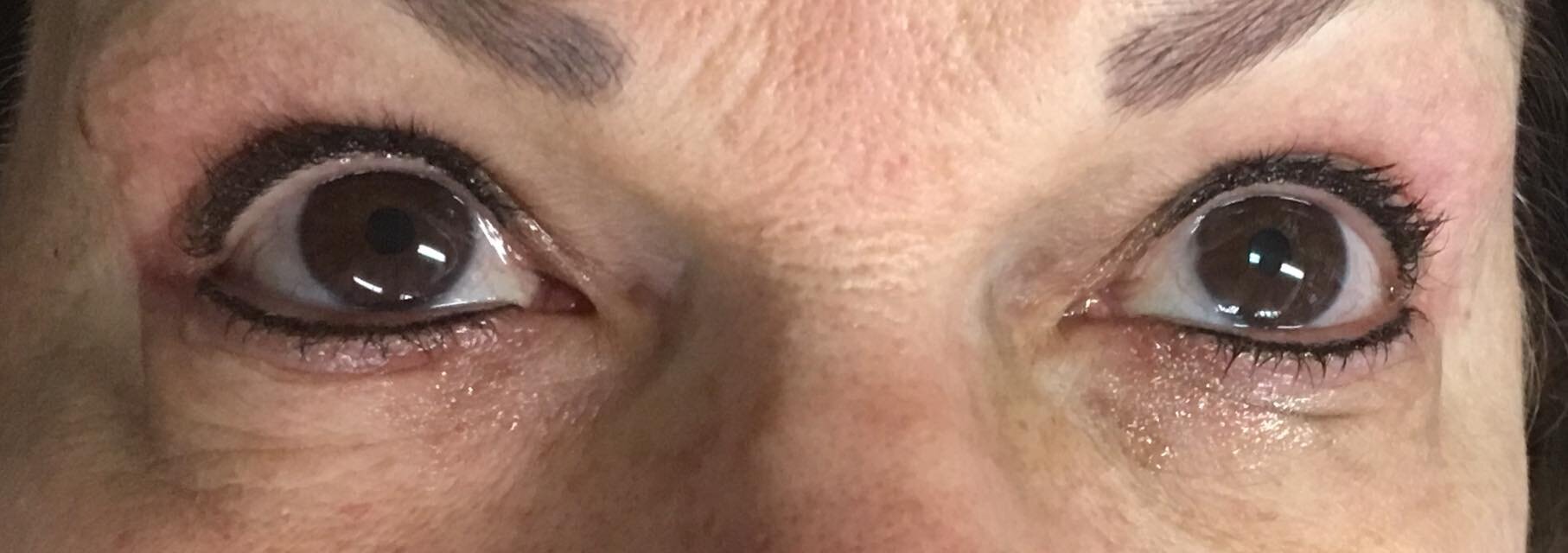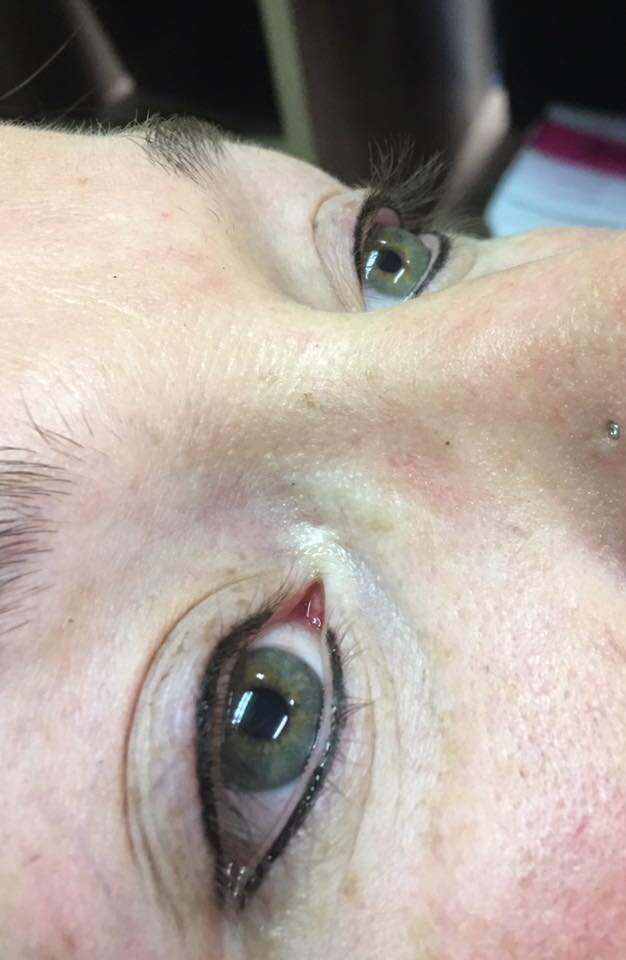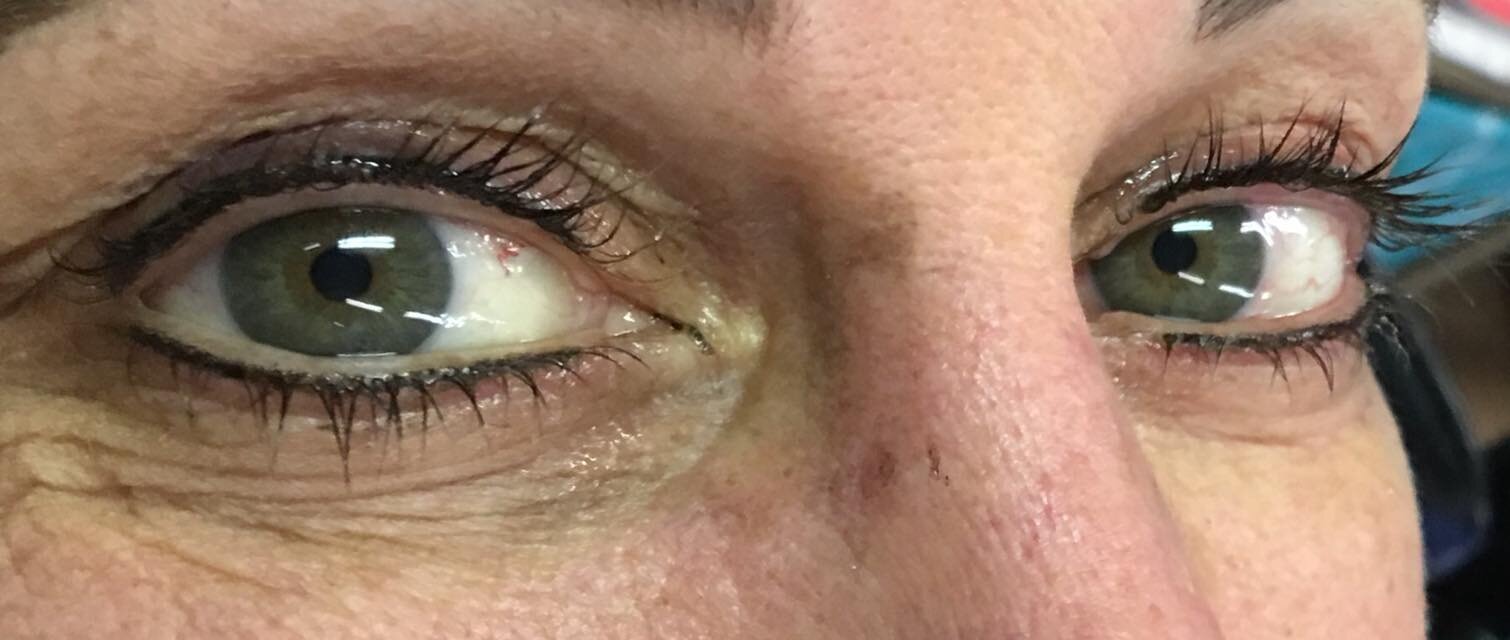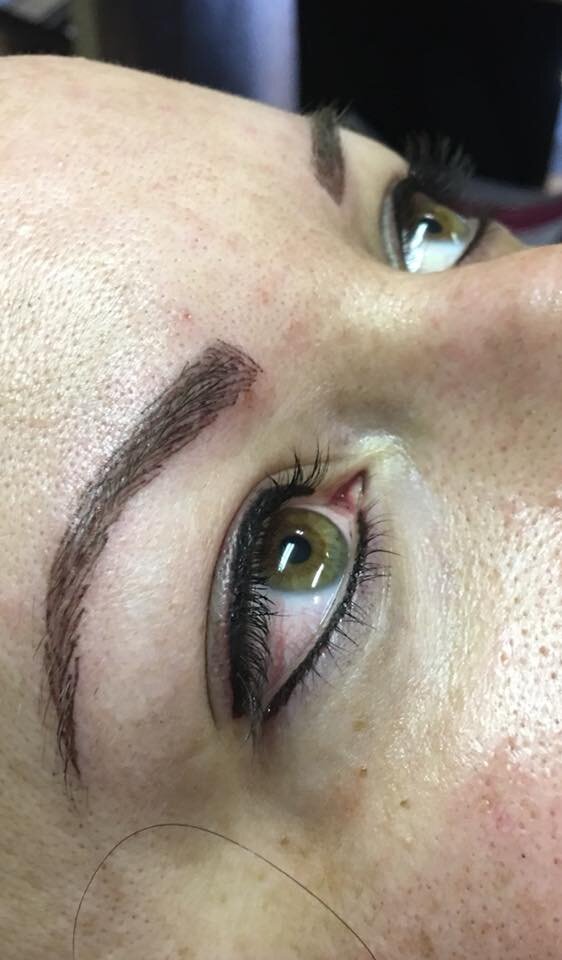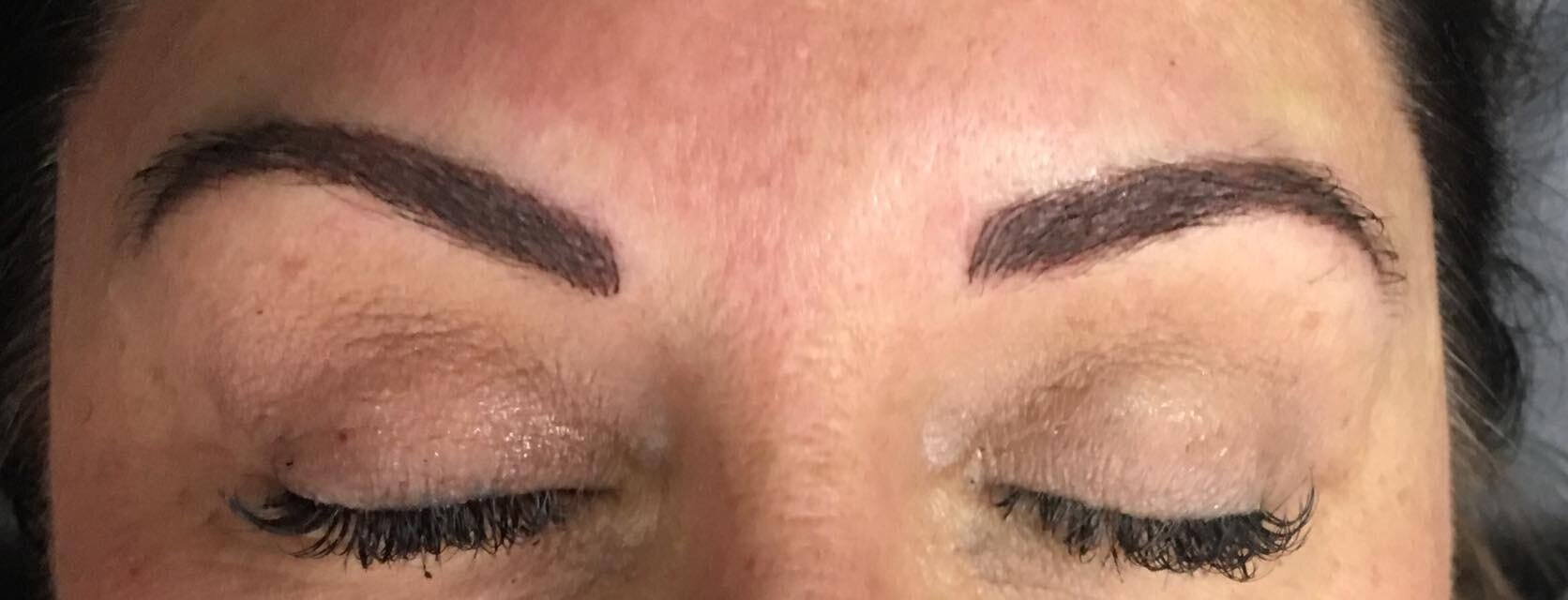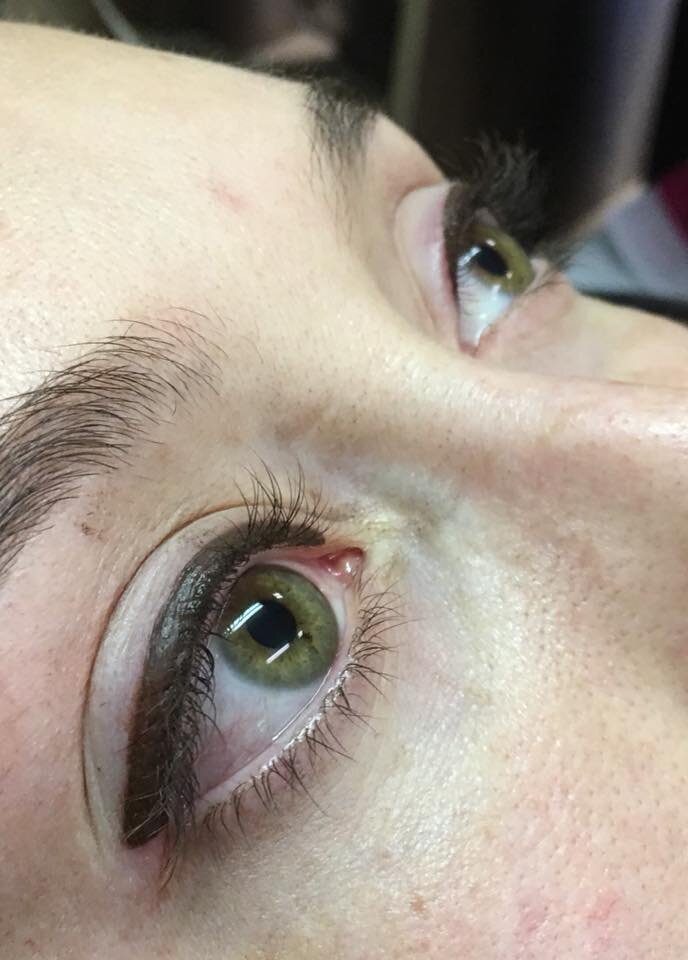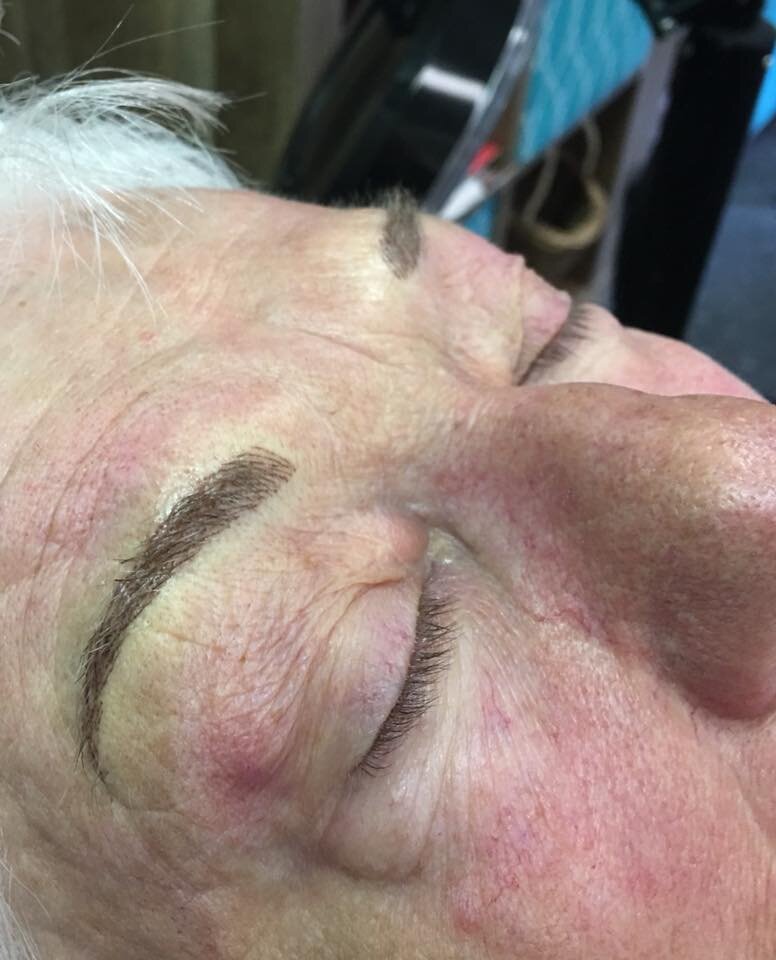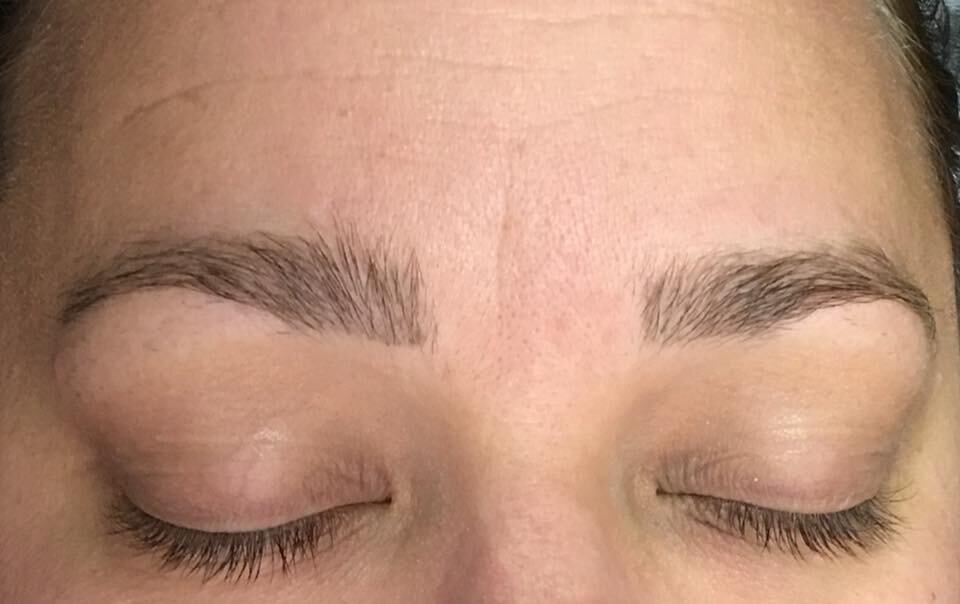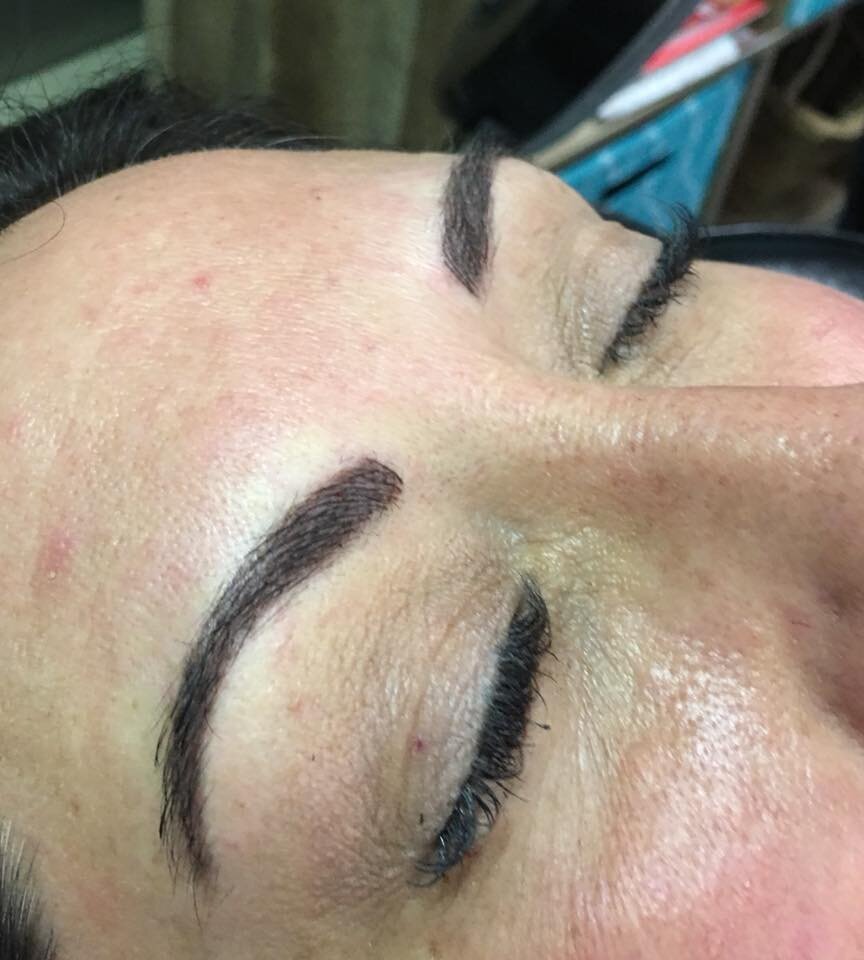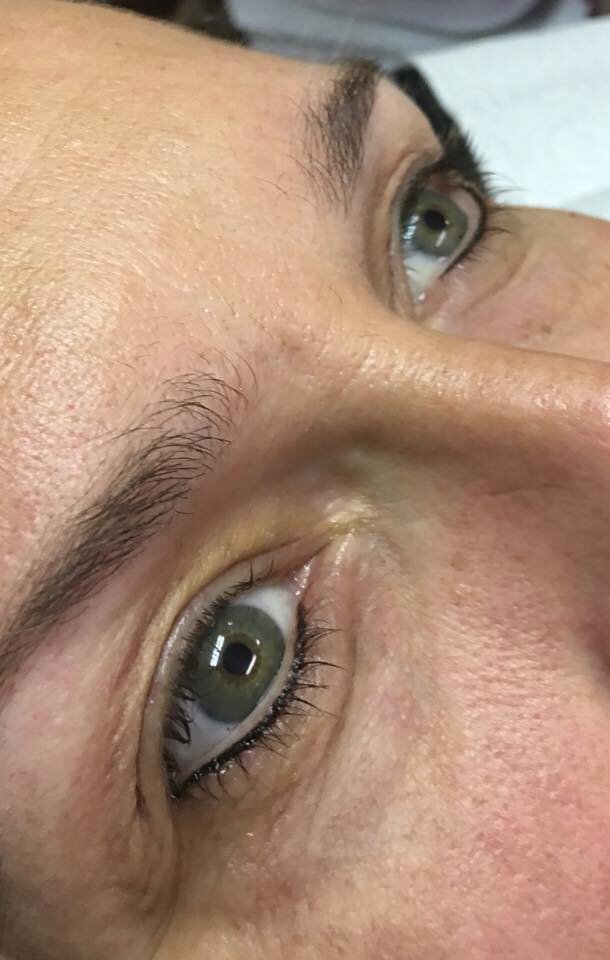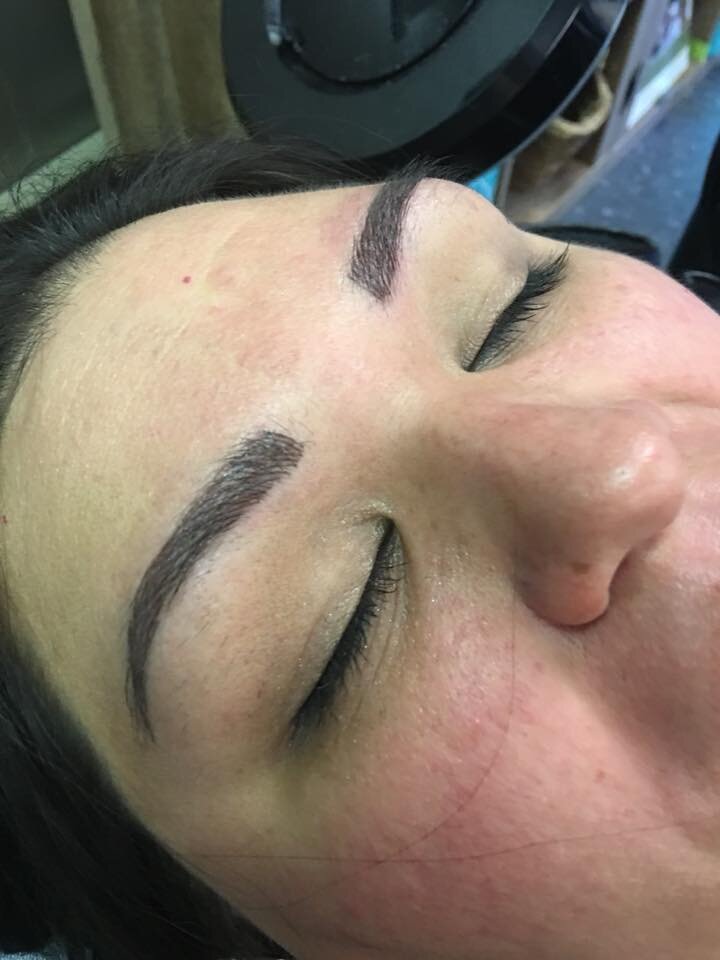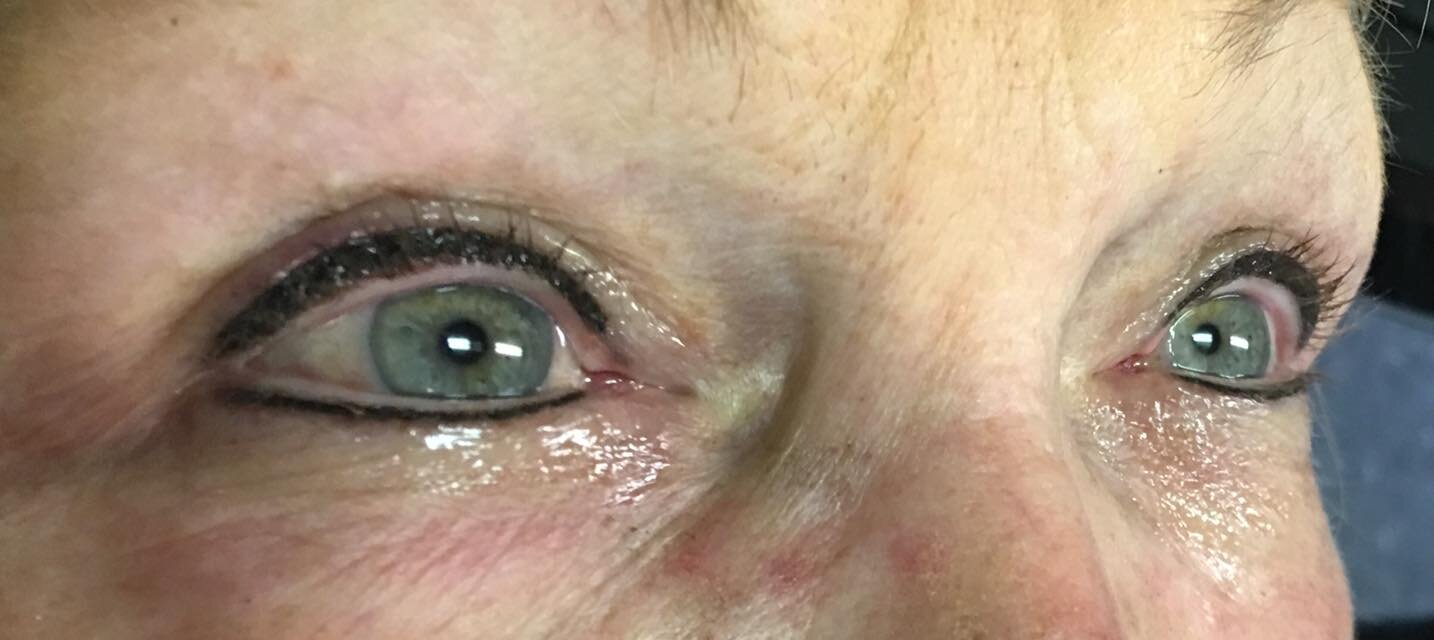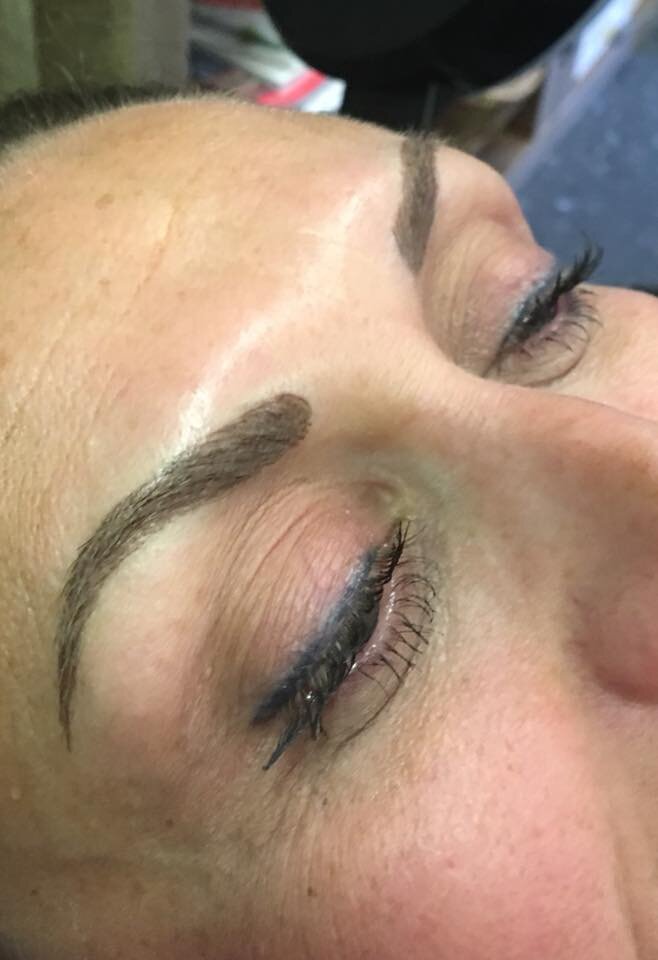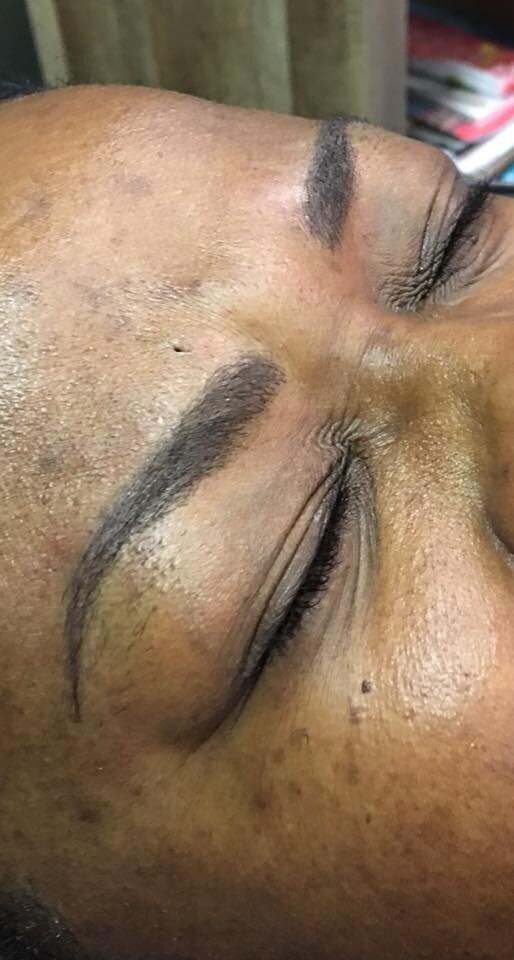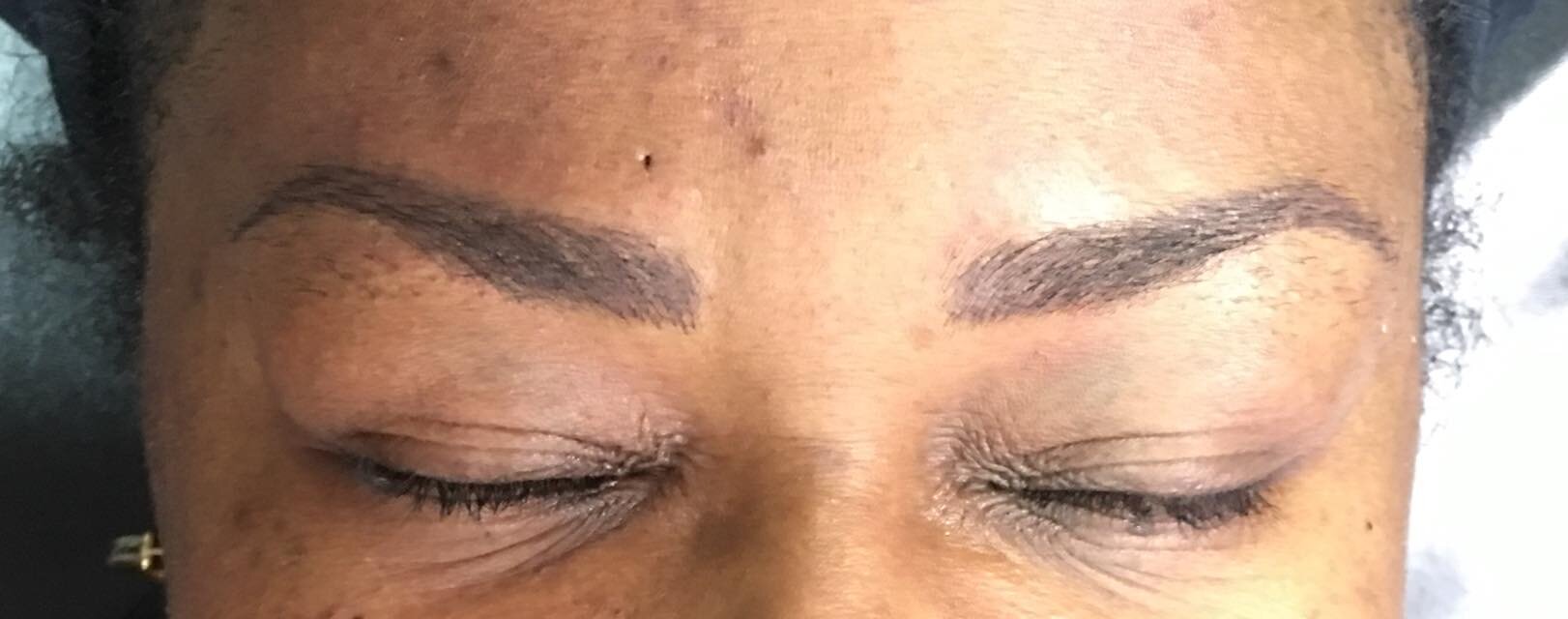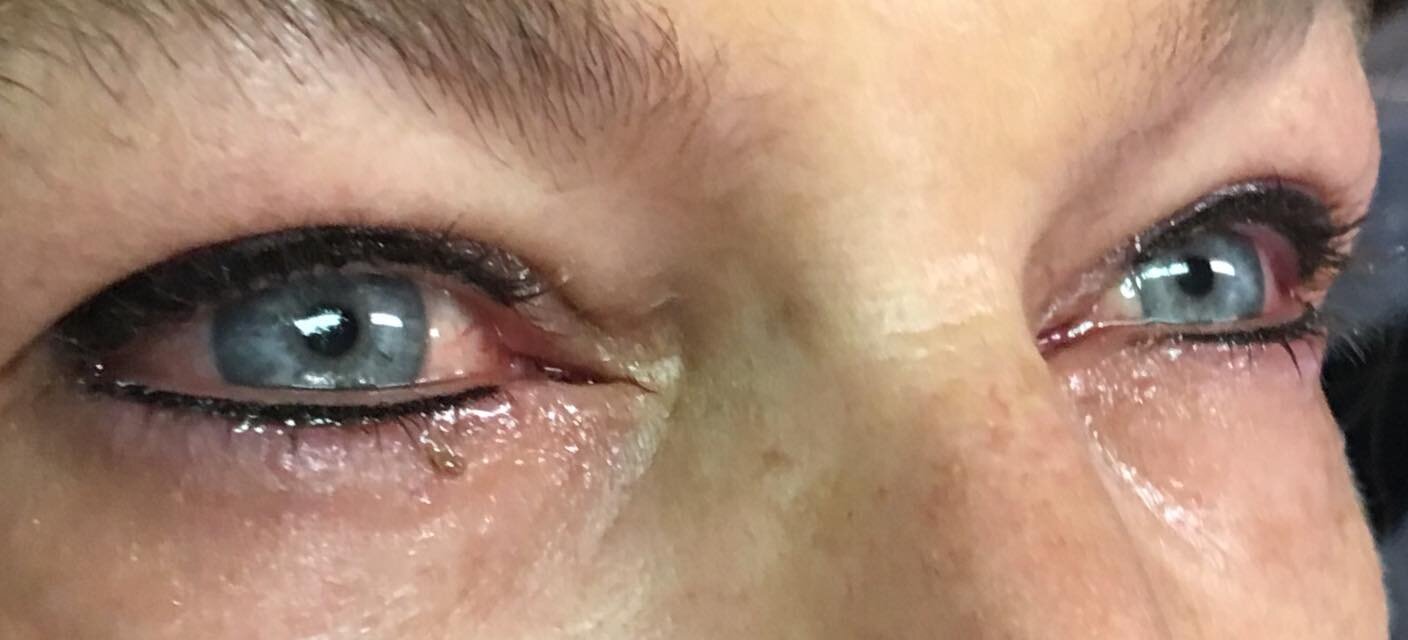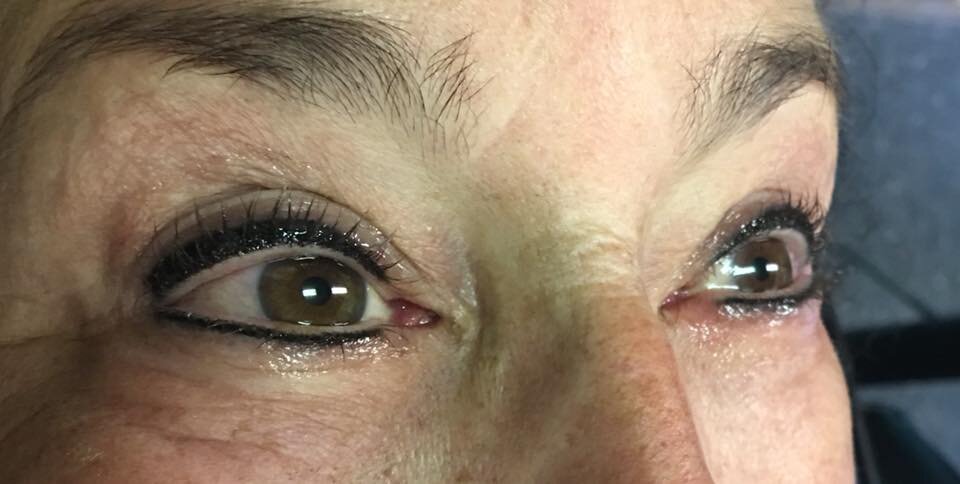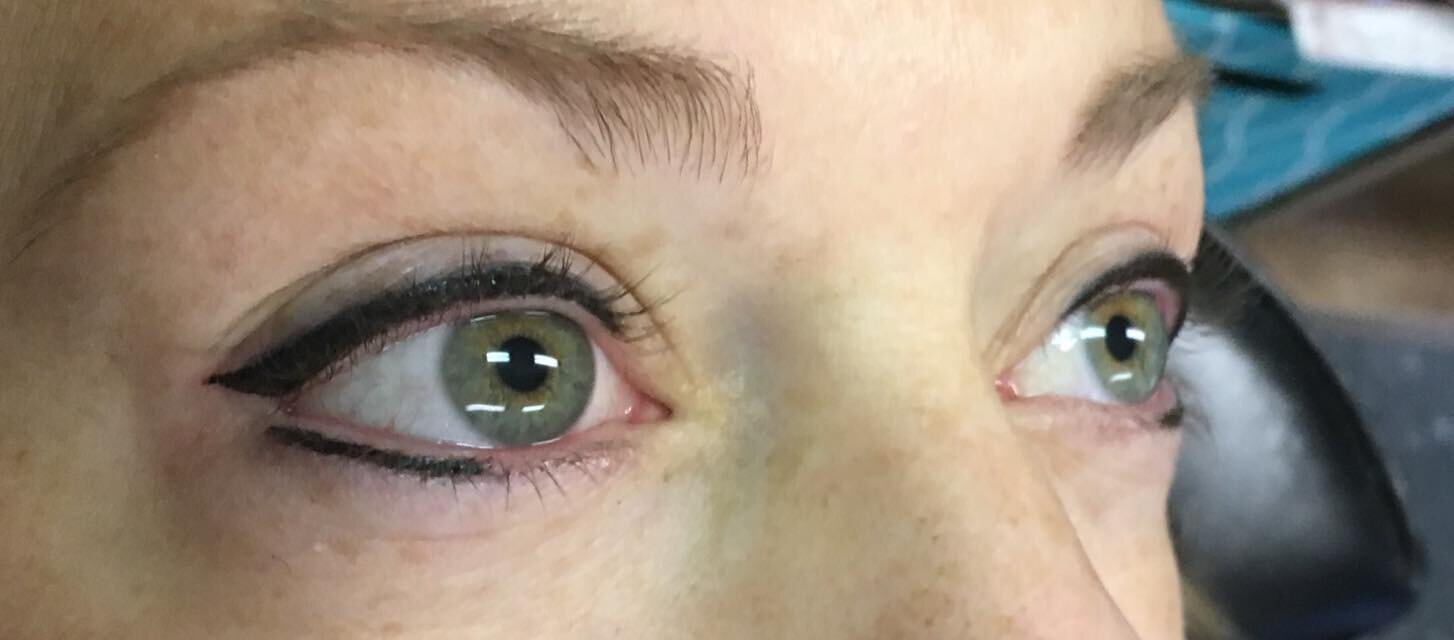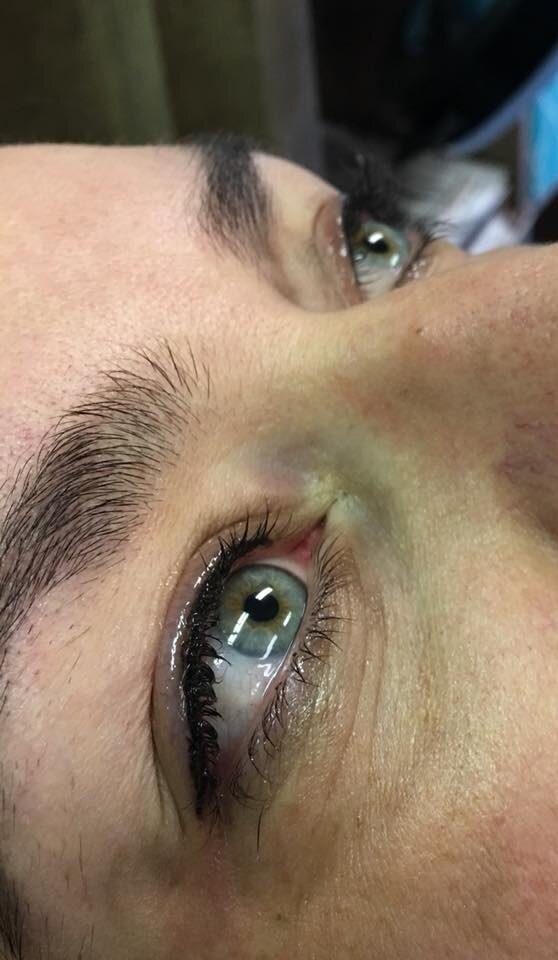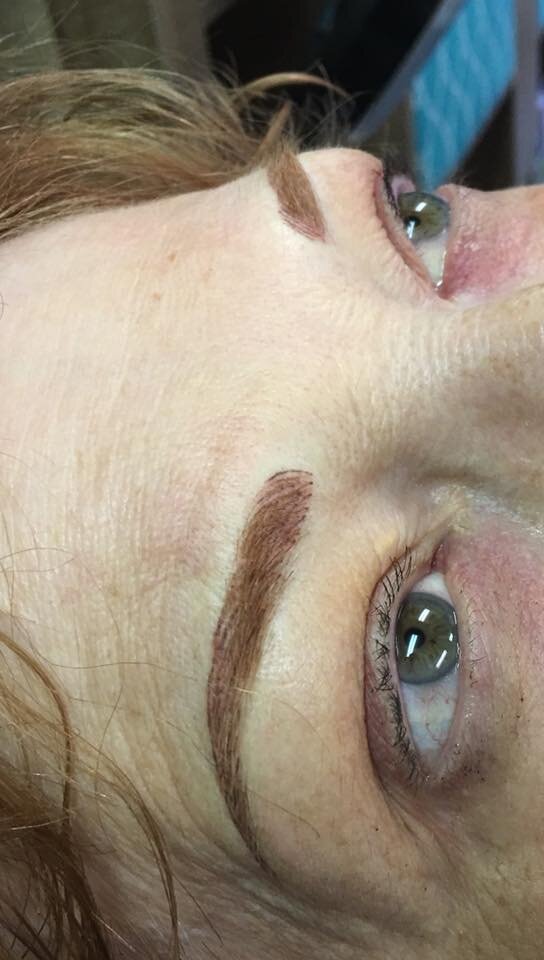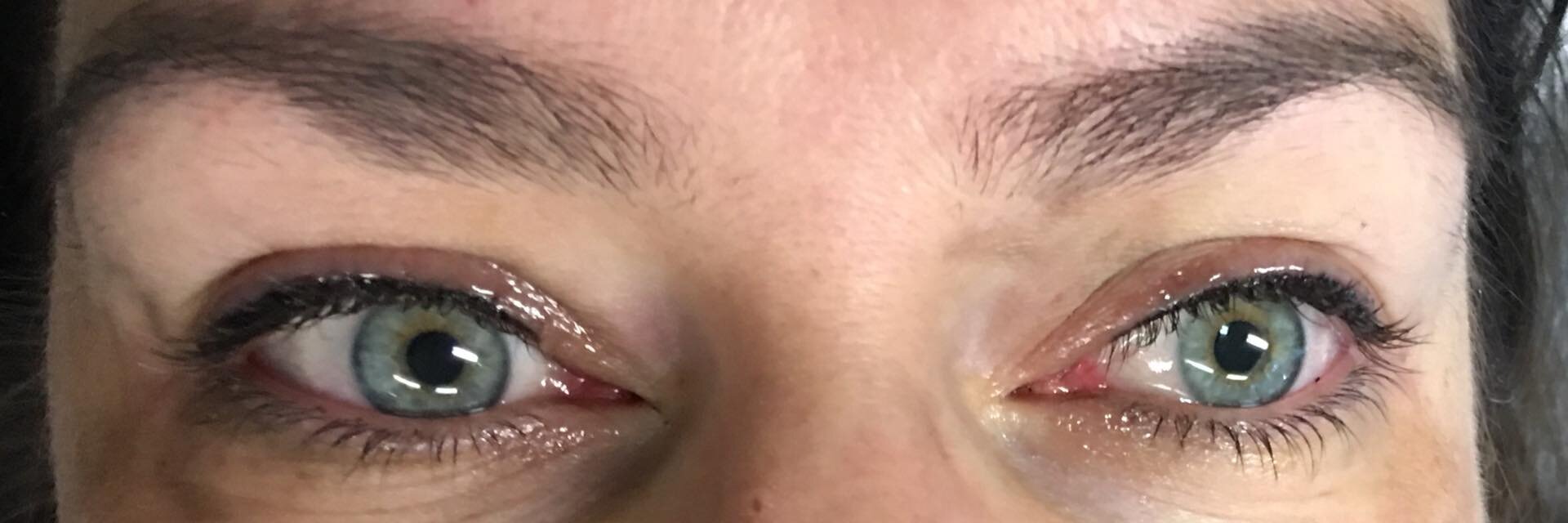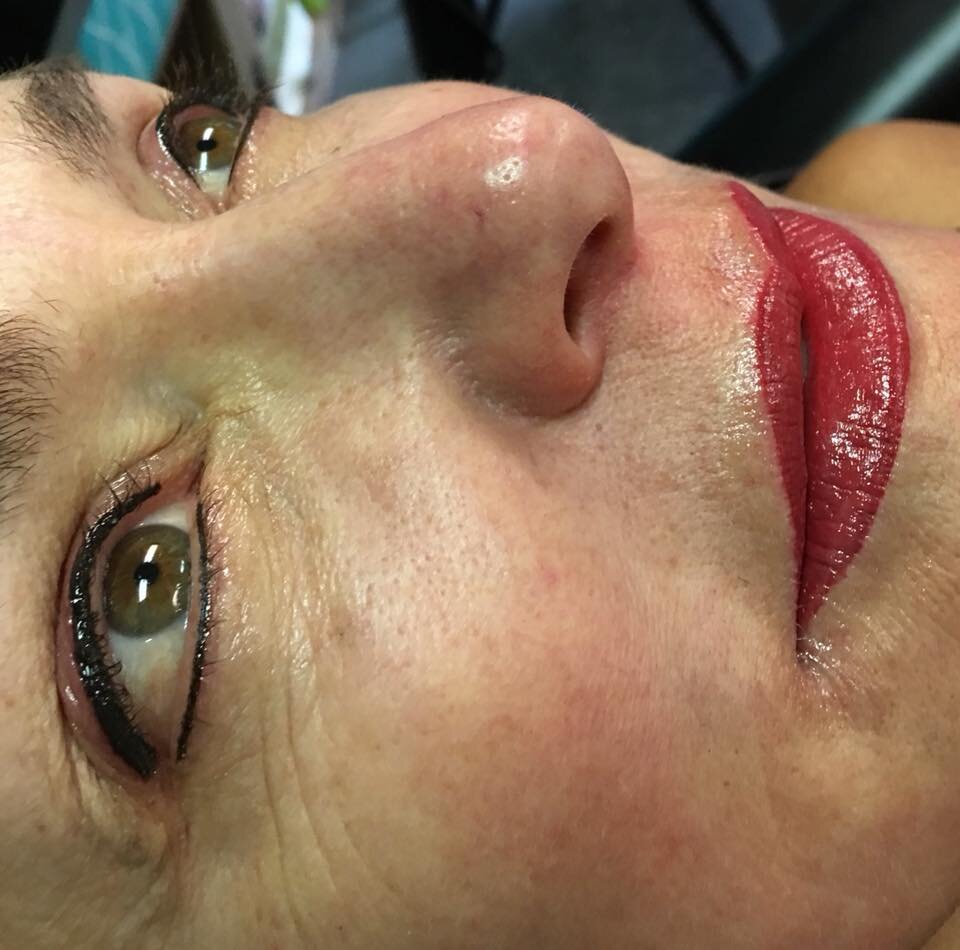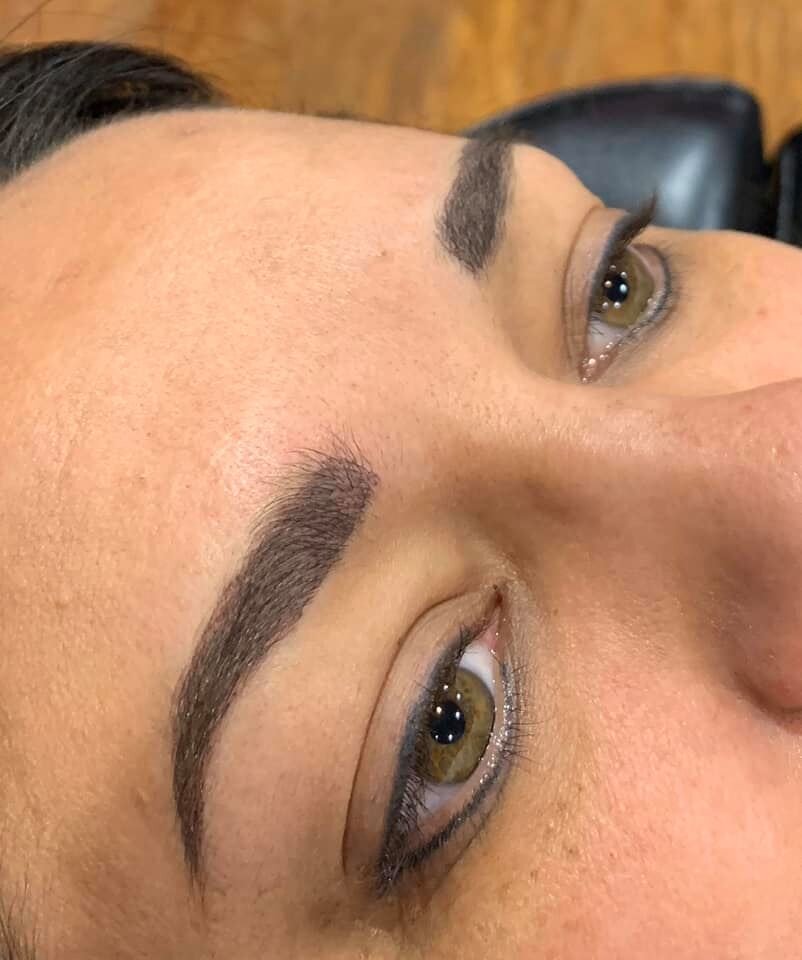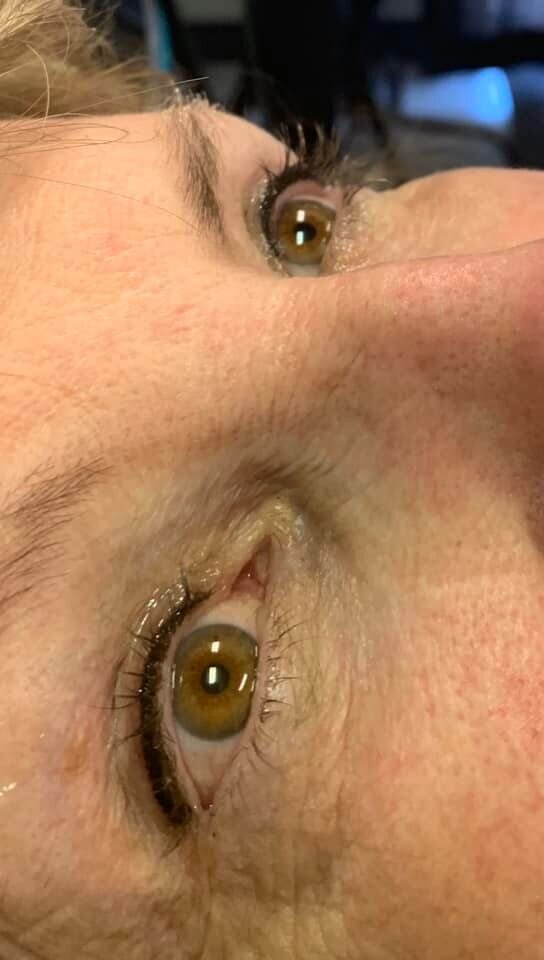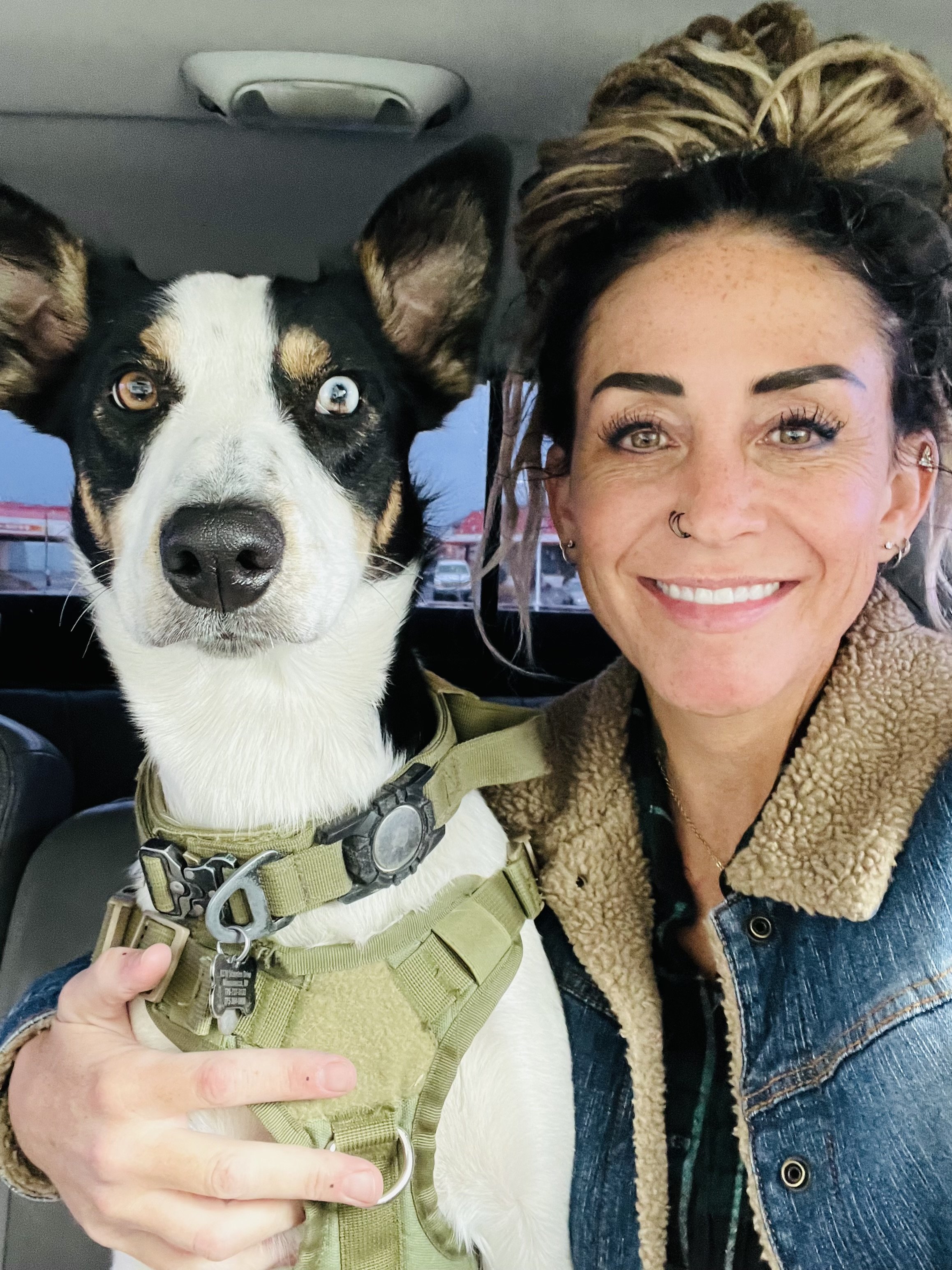What is Hypnotherapy?
The Most Frequent Questions: Answered by Dr. Allen S. Chips DCH and courtesy of the National Association of Transpersonal Hypnotherapists
Question: What is hypnosis?
Answer: A state of relaxation and/or a level of concentration that the average individual reaches daily. Self- Hypnosis is accomplished most often when one is "absorbed" in a TV program, experiencing repetition (highway driving), or daydreaming. "Hypnotherapy" is a form of guided relaxation using concentration where the ideas expressed (suggestions) by the therapist are generally experienced more clearly, which in turn creates a new awareness. Depending on one's motivations, there may be a shift in attitude about specific subject matters (habits and stresses). The only requirement for getting therapeutic results is that the person has a conscious desire to change, or in other words, is in agreement with the suggestions.
Question: Do people do things under hypnosis that are against their morals or values?
Answer: No. Hypnosis cannot detach the ego. As a general rule, if a client were given a suggestion he or she did not agree with, he or she would simply refuse, laugh at it, or awaken (regain normal awareness). In stage hypnosis, the volunteers are usually under the influence of alcohol and have come to the show for the purpose of relaxing, acting silly and having a good time, therefore, they are easily encouraged to do so. Because inhibitions are often reduced under hypnosis, the subject is more likely to experience their inner character traits and motivations.
Question: Can a person's memory be erased?
Answer: No. If one undergoing hypnosis wants to remember, he or she will. In some cases, if the client wants to forget something, amnesia can be produced with a post-hypnotic suggestion, but it wears off as quickly as the subject wishes. Although, a certified hypnotherapist can help a person transform a memory, which may be causing problems. The mind contains unconscious memories, which generally are responsible for our decisions, attitudes, feelings, and behaviors.
Question: Can everyone be hypnotized?
Answer: Yes, provided one has normal physiological and psychological functioning and therefore the ability to concentrate and/or relax. As long as a normal human being is willing, he or she may undergo hypnosis. Insusceptible people are simply not willing. There is a positive correlation between one's willingness to relax and concentrate and the ability to undergo hypnosis.
Question: Do people under hypnosis go to sleep or become unconscious?
Answer: No. One should not expect to go to sleep! Hypnosis is a hyper-state of awareness that feels very relaxing. One is completely aware of everything that is occurring in the surrounding environment as well as that which is happening in the inner mind. Hypnosis is a state of consciousness located somewhere between awake and asleep. Some fatigued people may go out of hypnosis by falling into natural sleep, simply because they were tired, but then they may need to be awakened; if a person is trying to recall a memory under hypnosis, he or she can't do so while sleeping. On the other hand, if a person is listening to a self-hypnosis tape and he or she falls out of hypnosis into sleep, the suggestions will likely still be effective.
Question: What can be treated with hypnotherapy?
Answer: A qualified clinical hypnotherapist has the capabilities to help alleviate or transform a multitude of symptoms and problems. Many hypnotherapists carry credentials in other professional fields and therefore utilize hypnosis within the context of their specialty areas. The more qualifying information one requests (such as educational background, specialization, and the content of the treatment program) the better possibility that one seeking the benefits of hypnotherapy will match his or her needs appropriately.
Uses of Hypnosis in Medicine and Psychotherapy by Dr. Michael McGee
• Gastrointestinal Disorders (Ulcers, Irritable Bowel Syndrome, Colitis, Crohn’s Disease)
• Dermatologic Disorders (Eczema, Herpes, Neurodermatitis, Pruritus [itching], Psoriasis,
Warts)
• Surgery/Anesthesiology (In unusual circumstances, hypnosis has been used as the sole
anesthetic for surgery, including the removal of the gall bladder, amputation, cesarean section, and hysterectomy. Reasons for using hypnosis as the sole anesthetic may include situations where chemical anesthesia is contraindicated because of allergies or hyper- sensitivities; when organic problems increase the risk of using chemoanesthesia; and in some conditions where it is ideal for the patient to be able to respond to questions or directives from the surgeon)
• Pain (back pain, cancer pain, dental anesthesia, headaches and migraines, arthritis or rheumatism)
• Burns: Hypnosis is not only effective for the pain, but when hypnotic anesthesia and feelings of coolness are created in the first few hours after a significant burn, it appears that it
also reduces inflammation and promotes healing. We believe that a second-degree burn can often be kept from going third degree if hypnosis is used soon after the injury.
• Nausea and Vomiting associated with chemotherapy and pregnancy (hyperemesis gravidarum)
• Childbirth: Based upon our members' anecdotal evidence, approximately two thirds of women have been found capable of using hypnosis as the sole analgesic for labor. This eliminates the risks that medications can pose to both the mother and child.
• Hemophilia: Hemophilia patients can often be taught to use self-hypnosis to control vascular flow and keep from requiring a blood transfusion
• Victims of Abuse (incest, rape, physical abuse, cult abuse)
Other areas of application include: Allergies; anxiety and stress management; asthma; bed- wetting; depression; sports and athletic performance; smoking cessation; obesity and weight control; sleep disorders; Raynaud’s disease; high blood pressure; sexual dysfunctions; concentration, test anxiety and learning disorders.
Hypnosis pricing
$125 - Clinical hypnosis session, which includes a consultation and a recorded copy of your session
$199 - Hypnotic regression, includes consultation and a recording of your session to review later.


